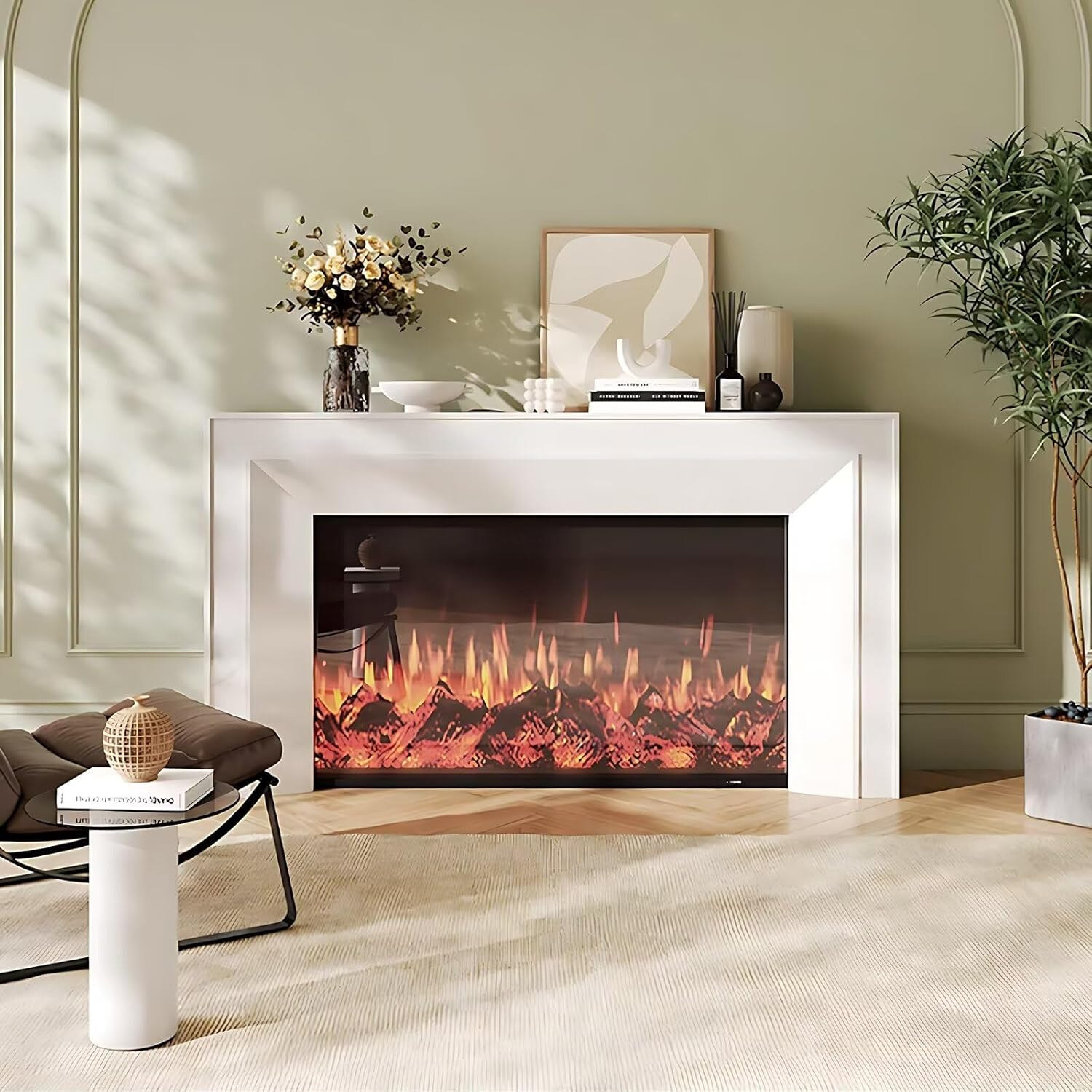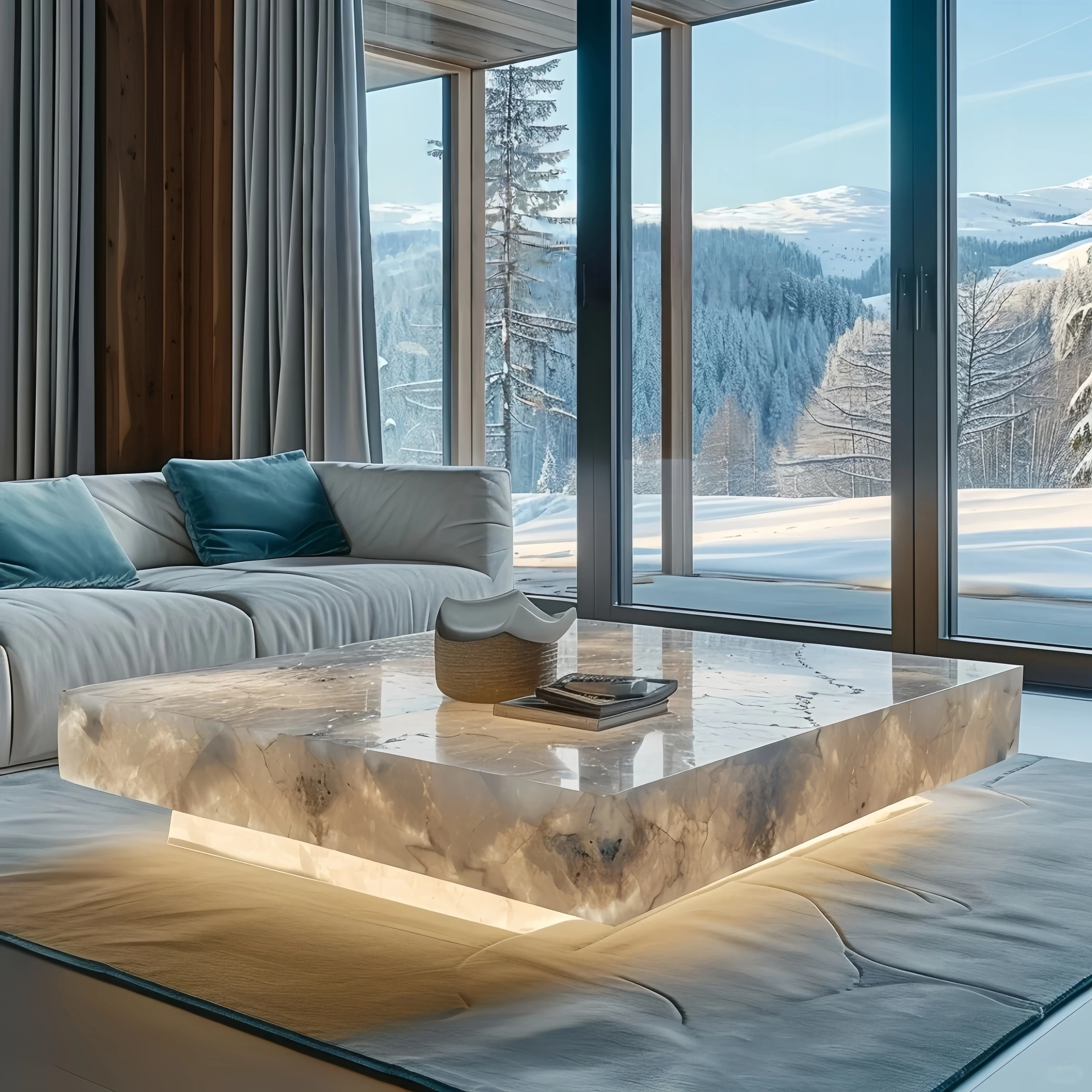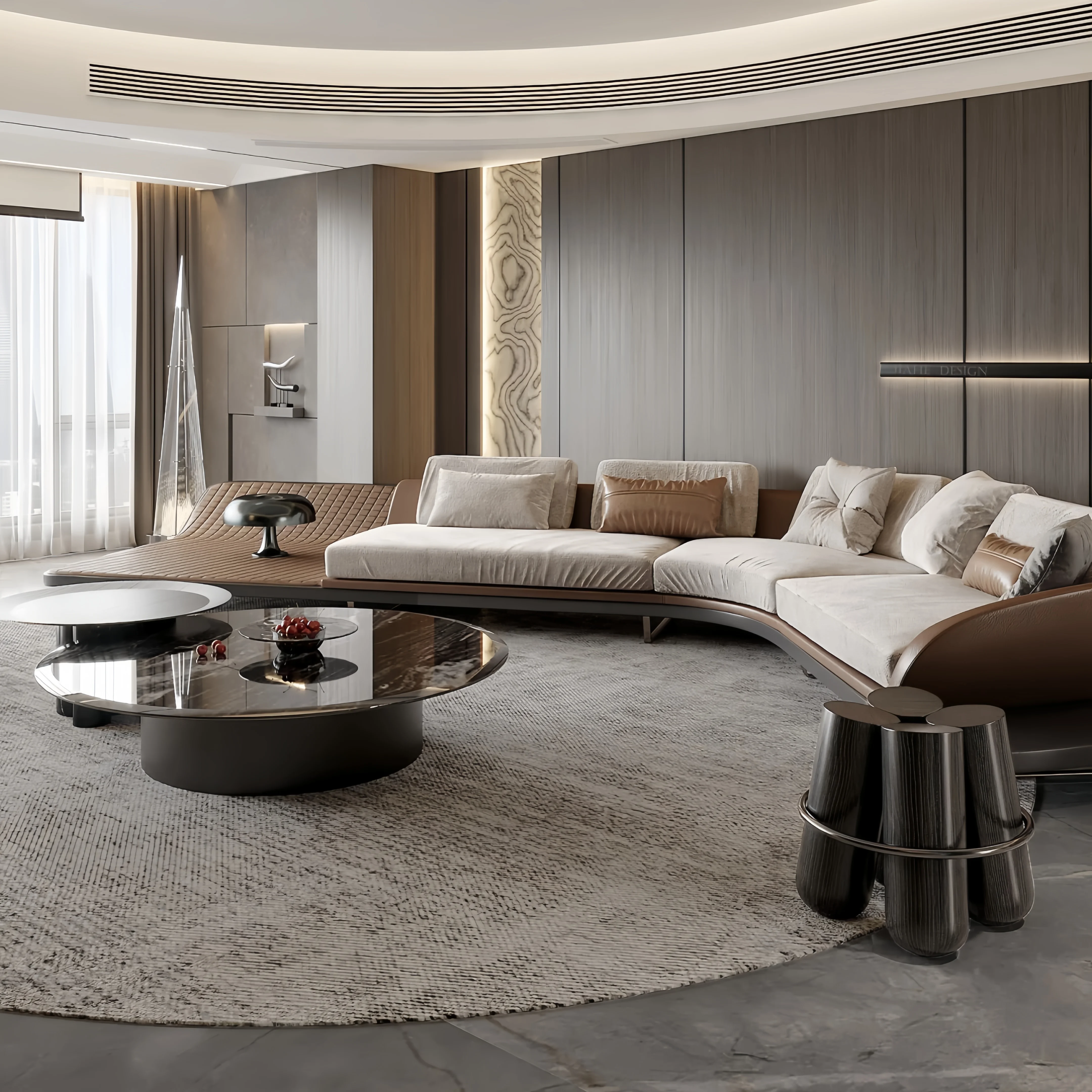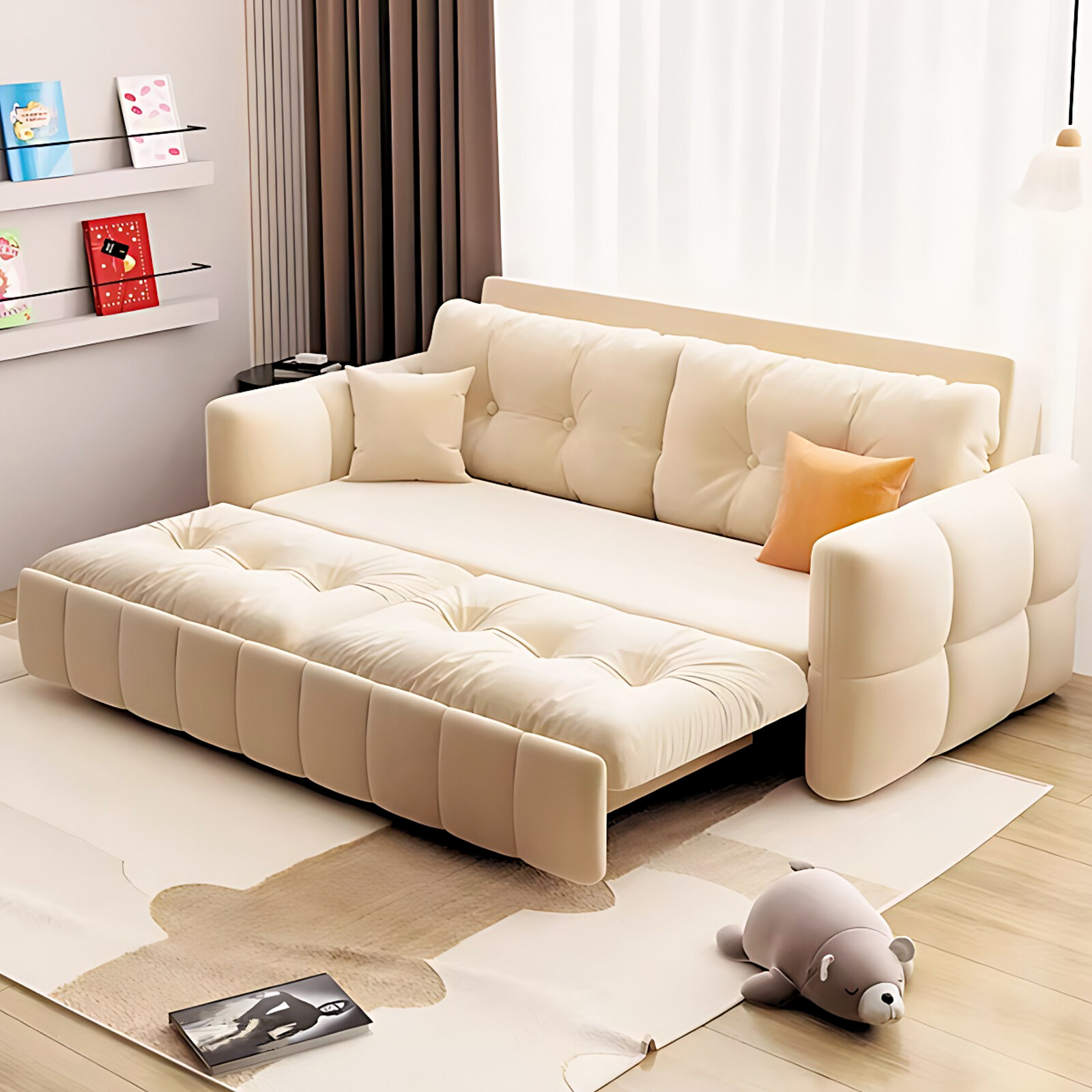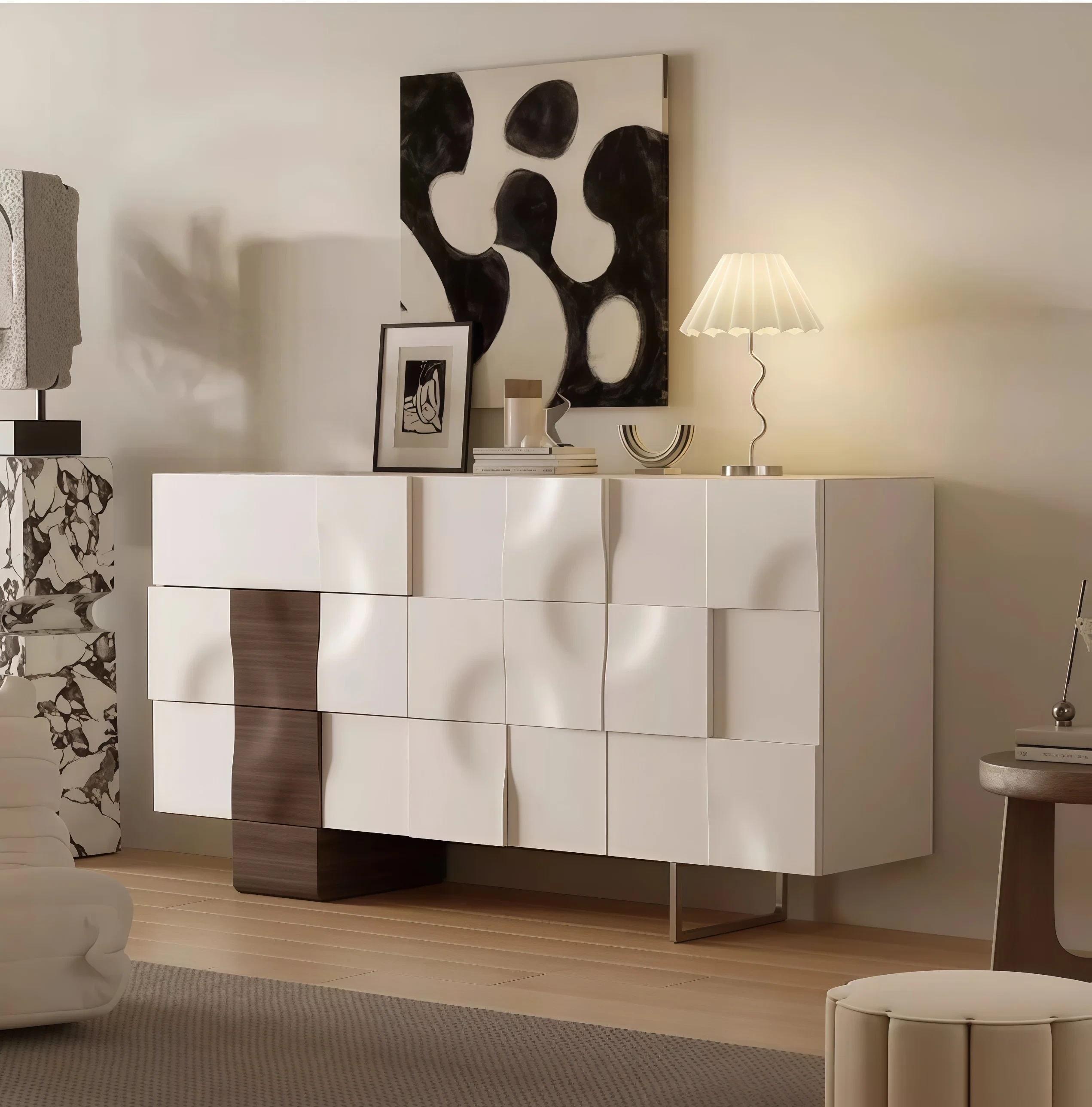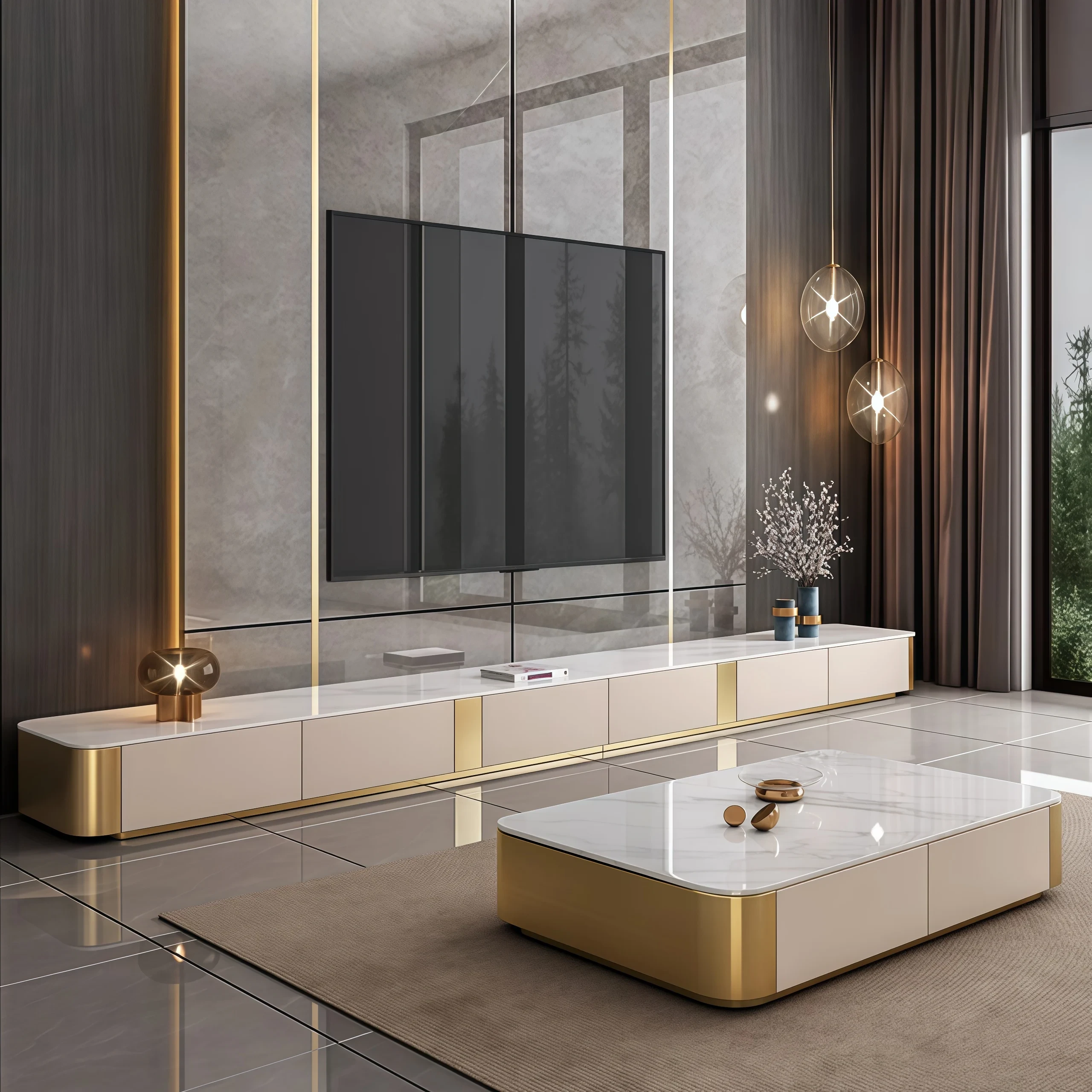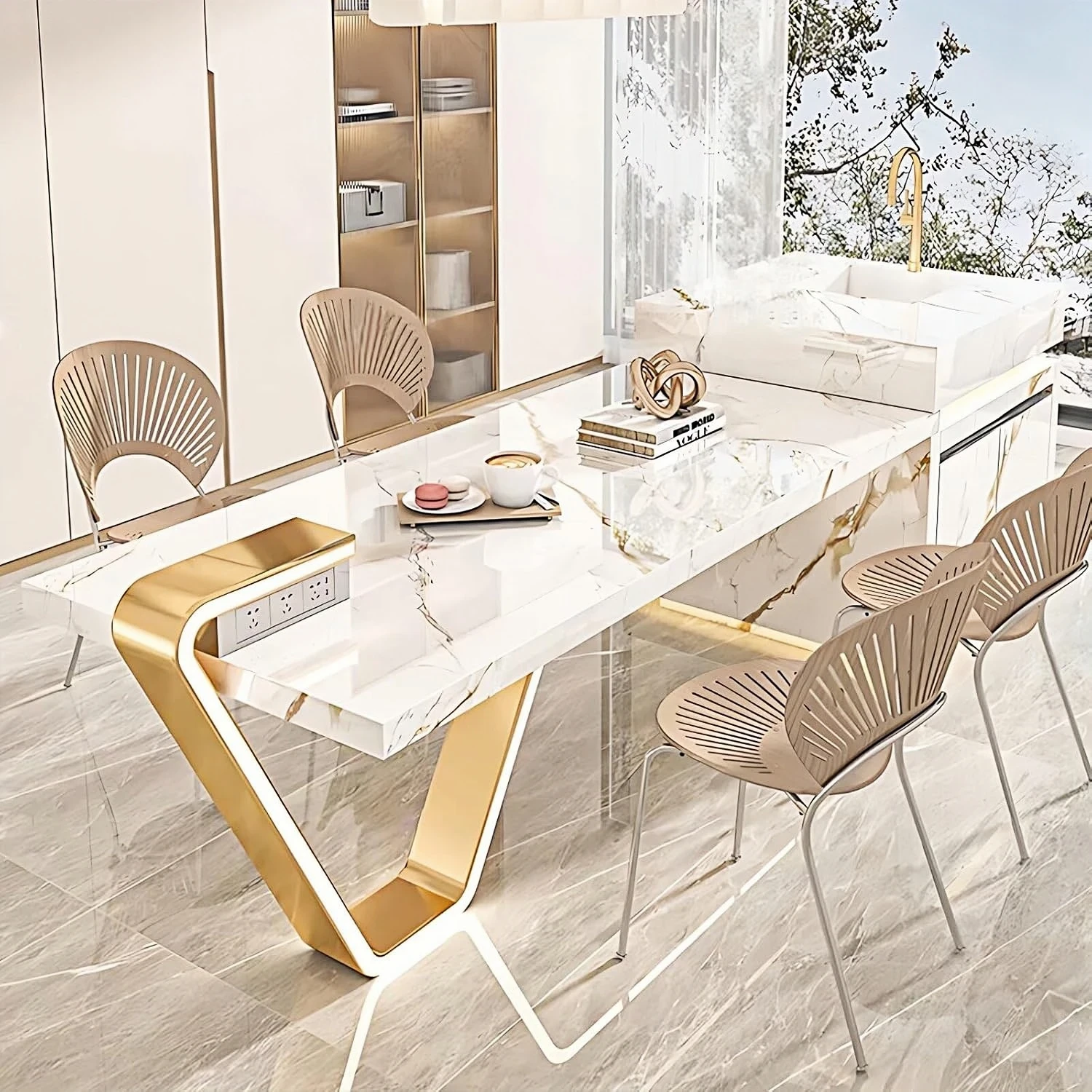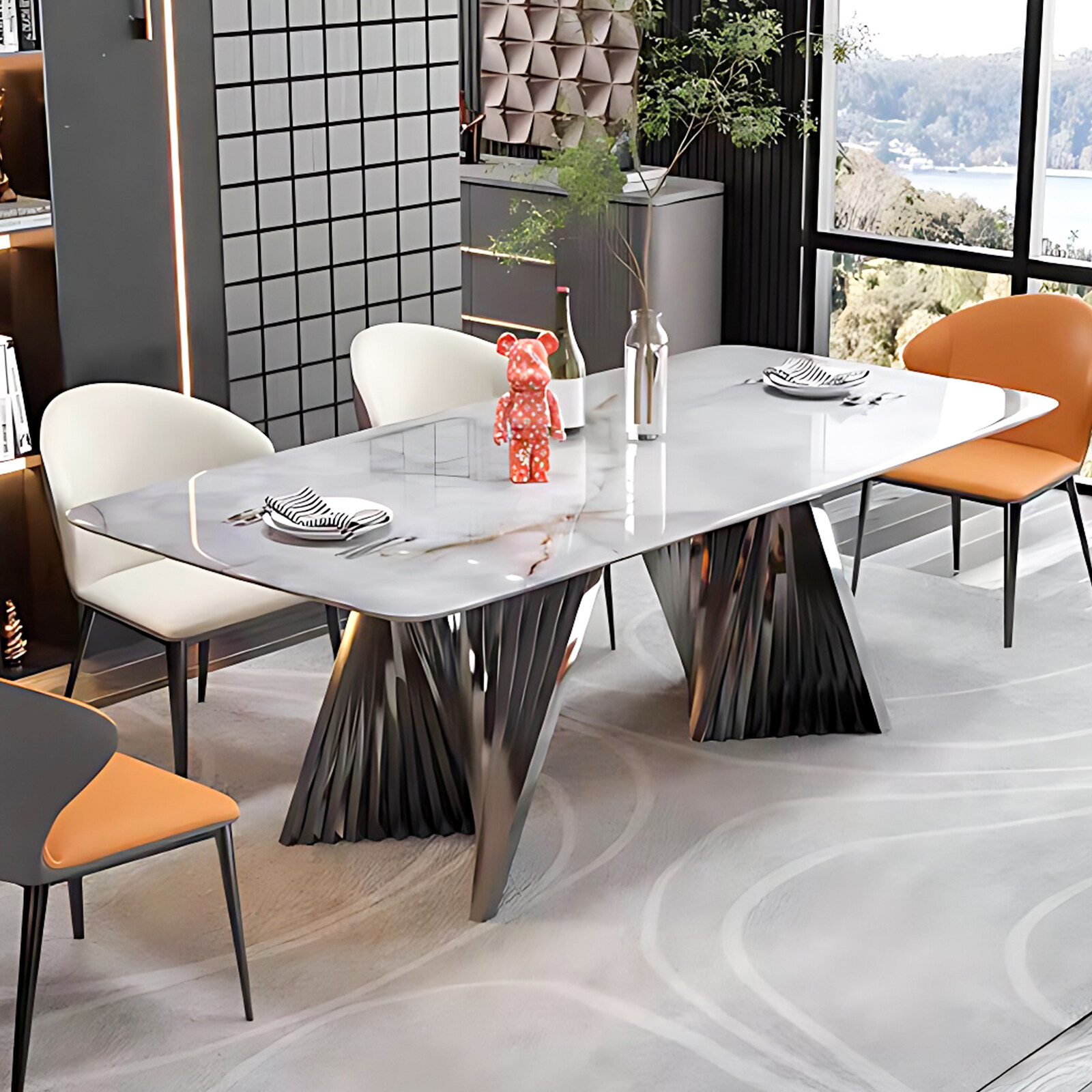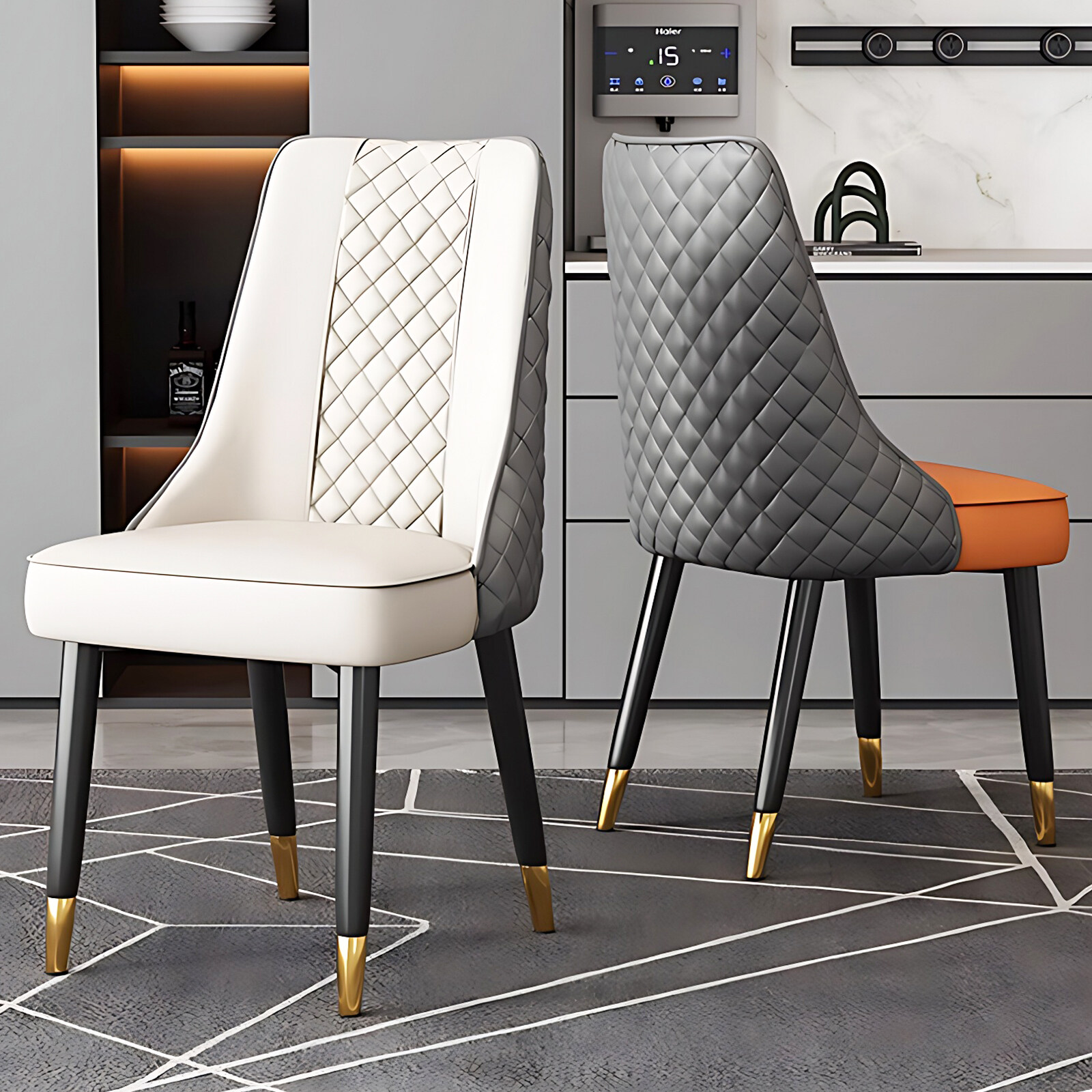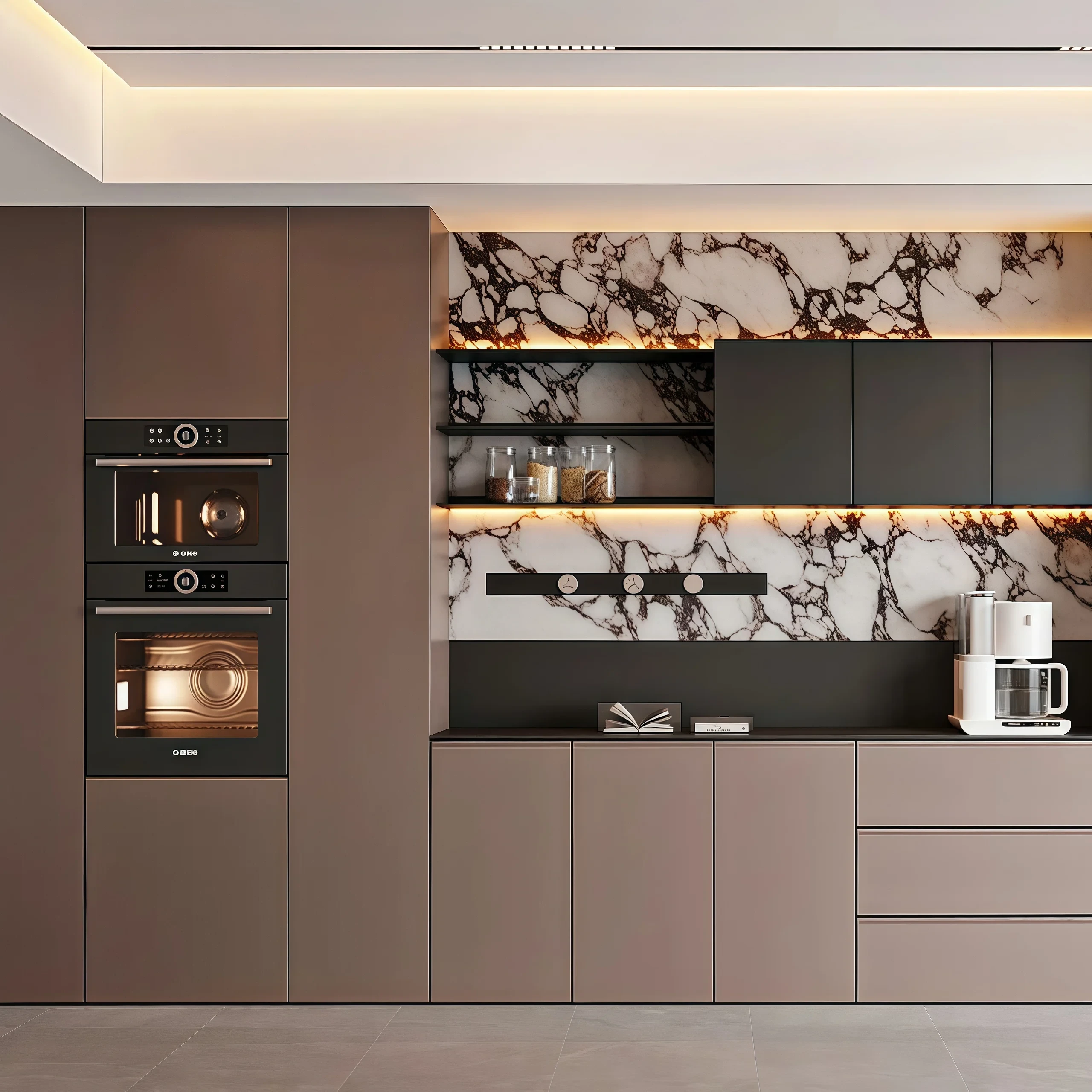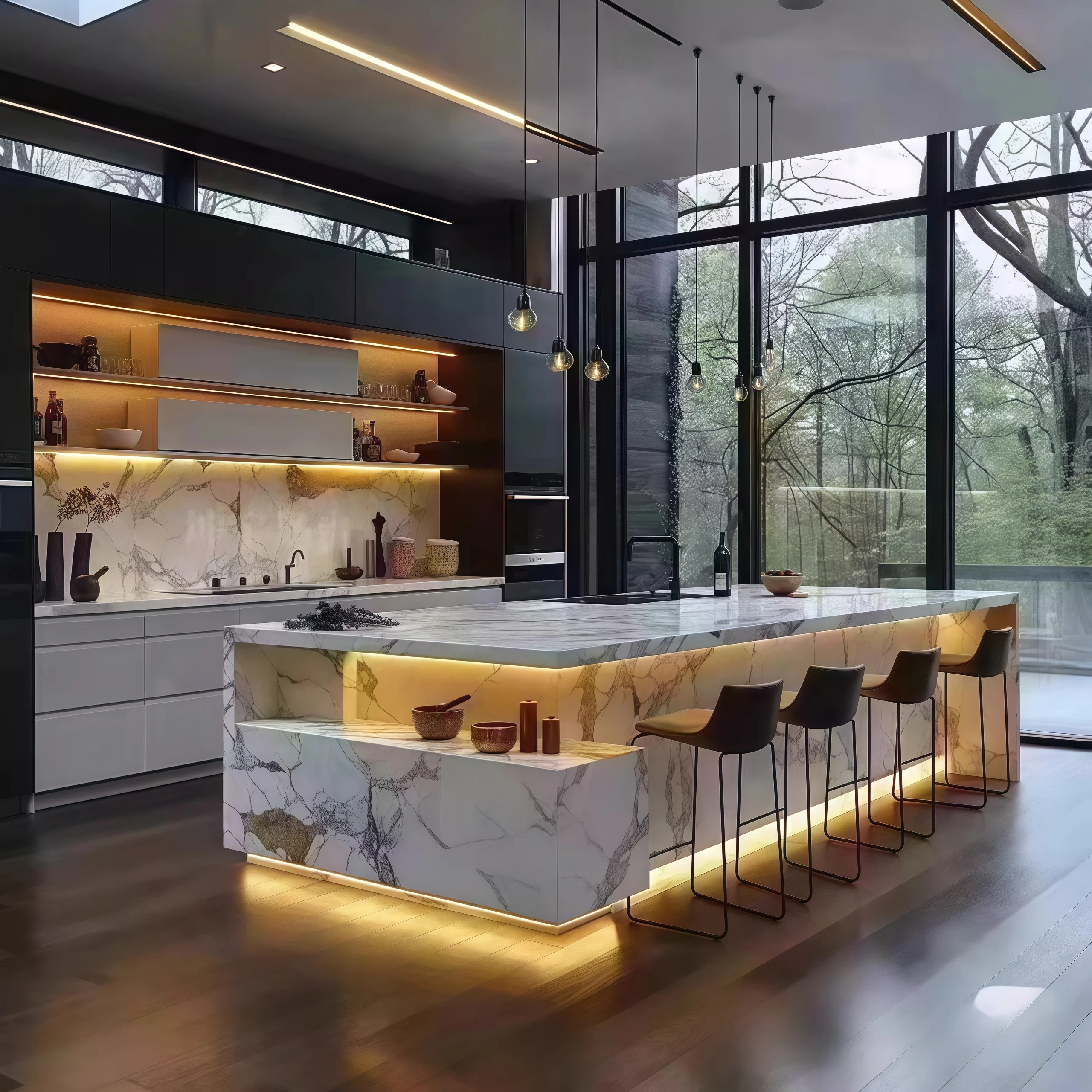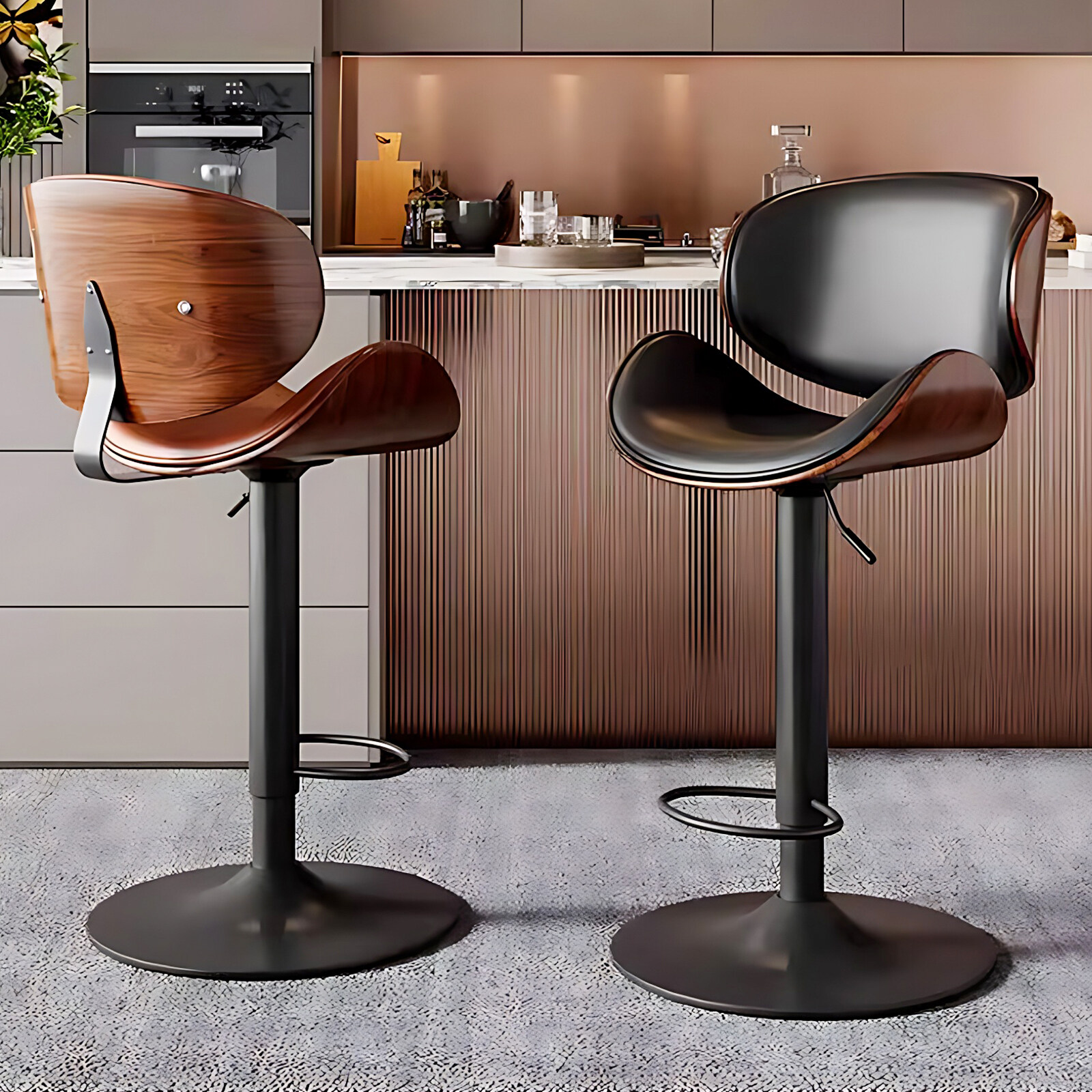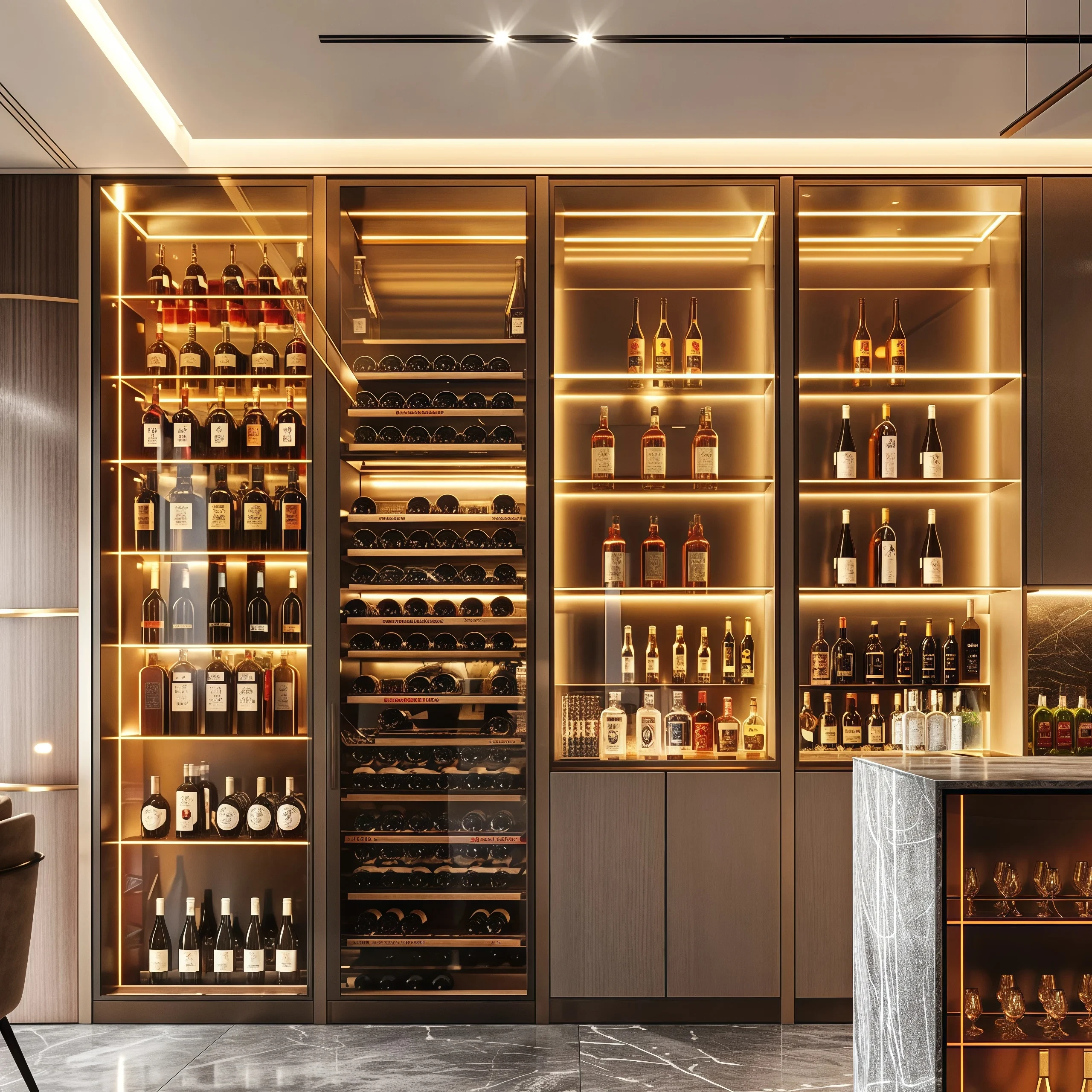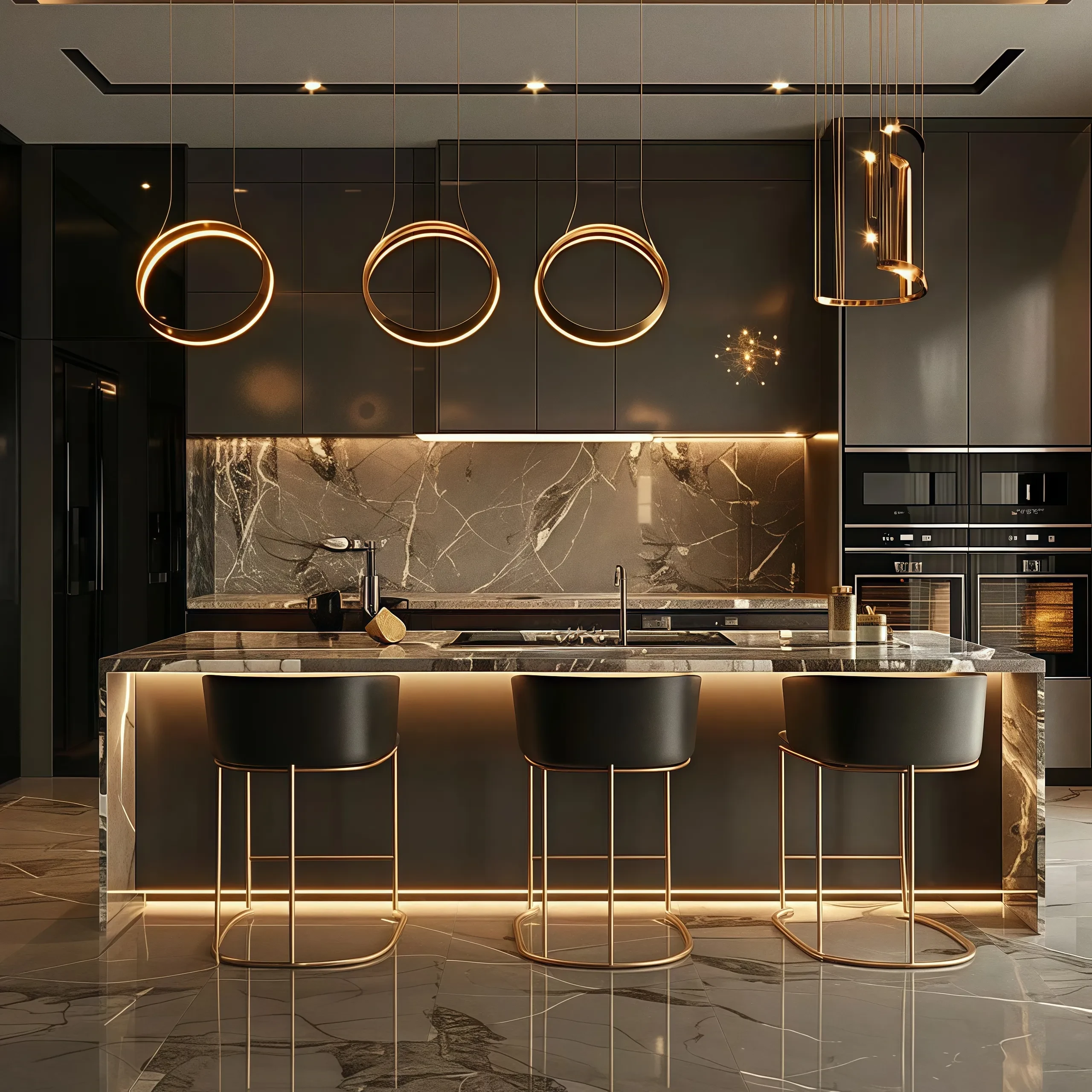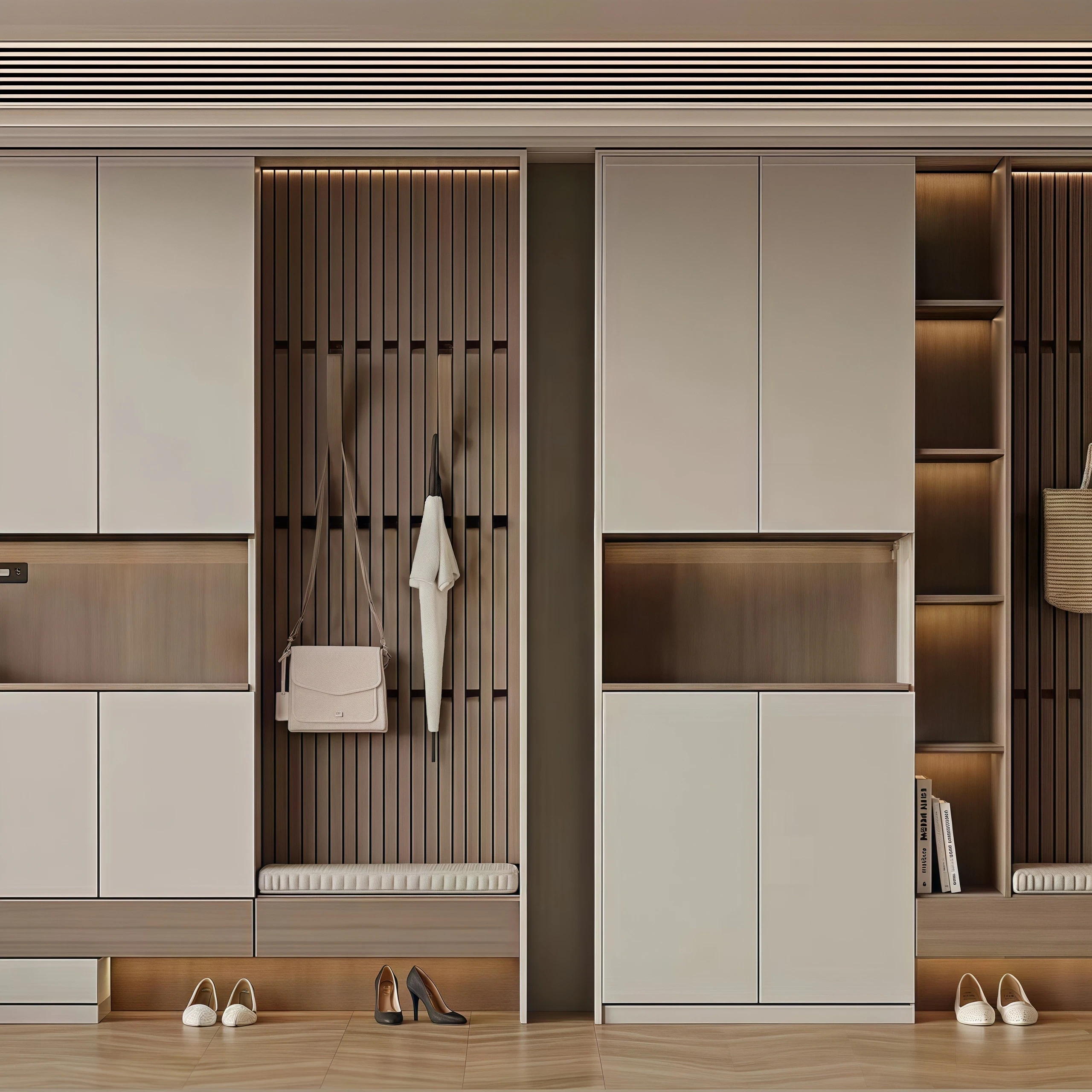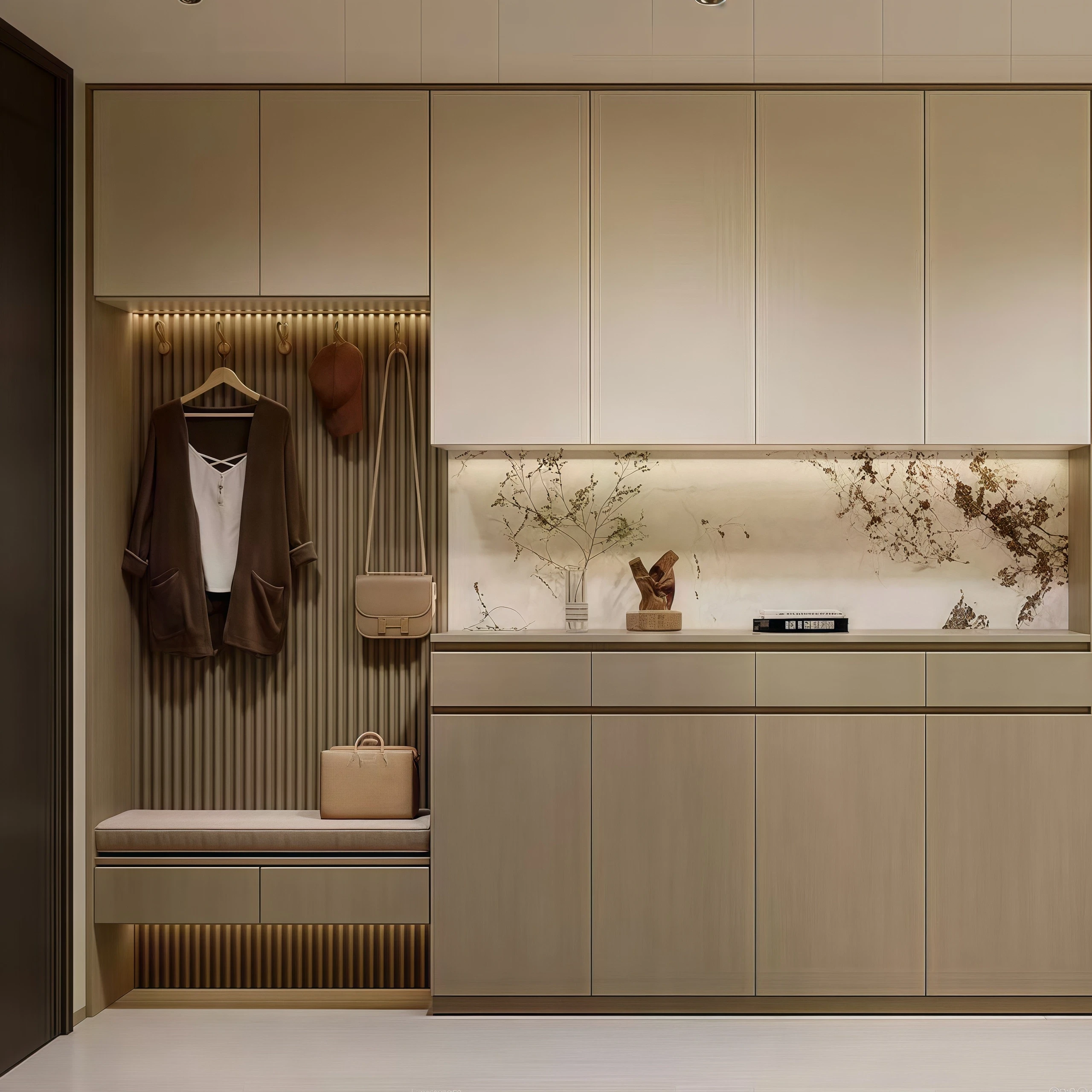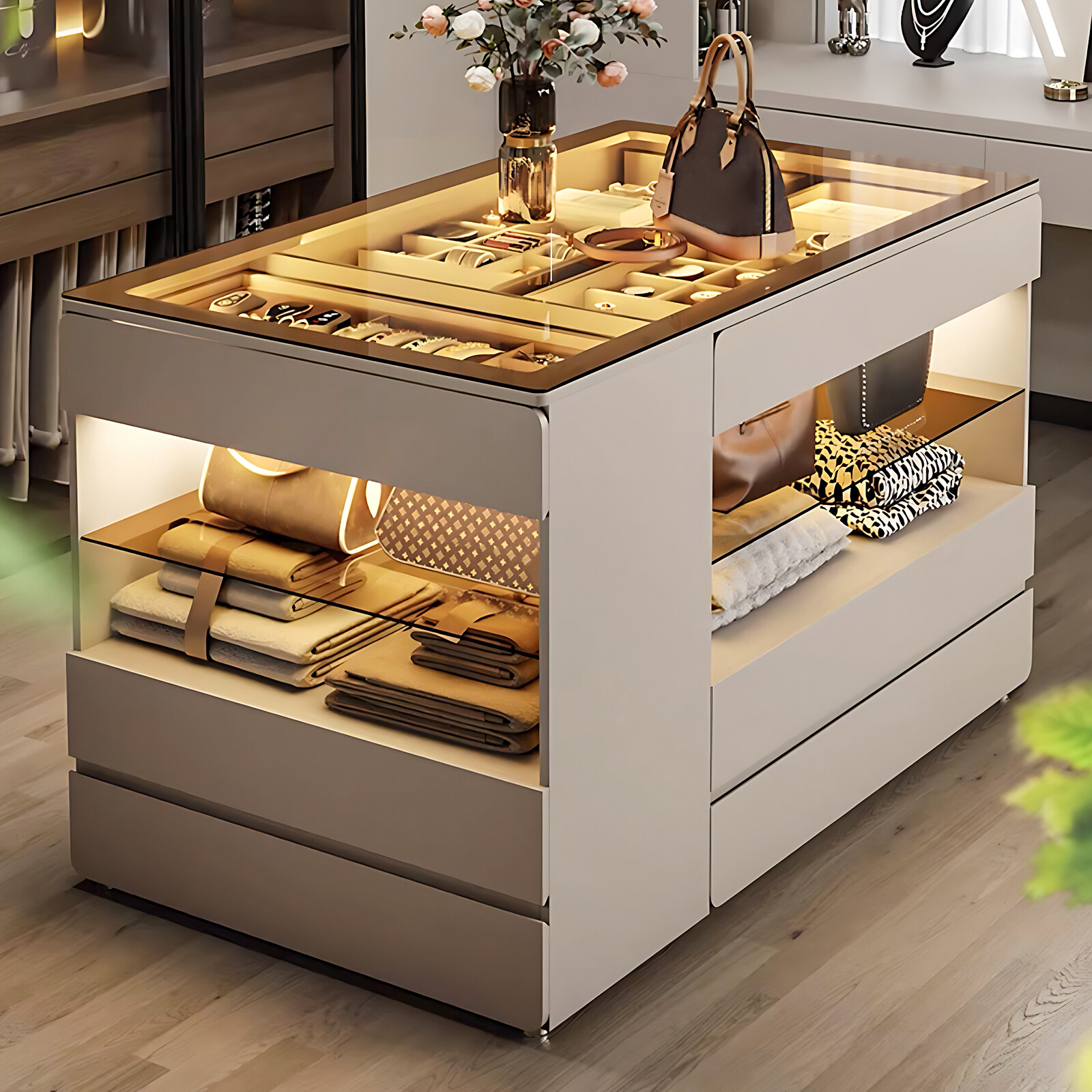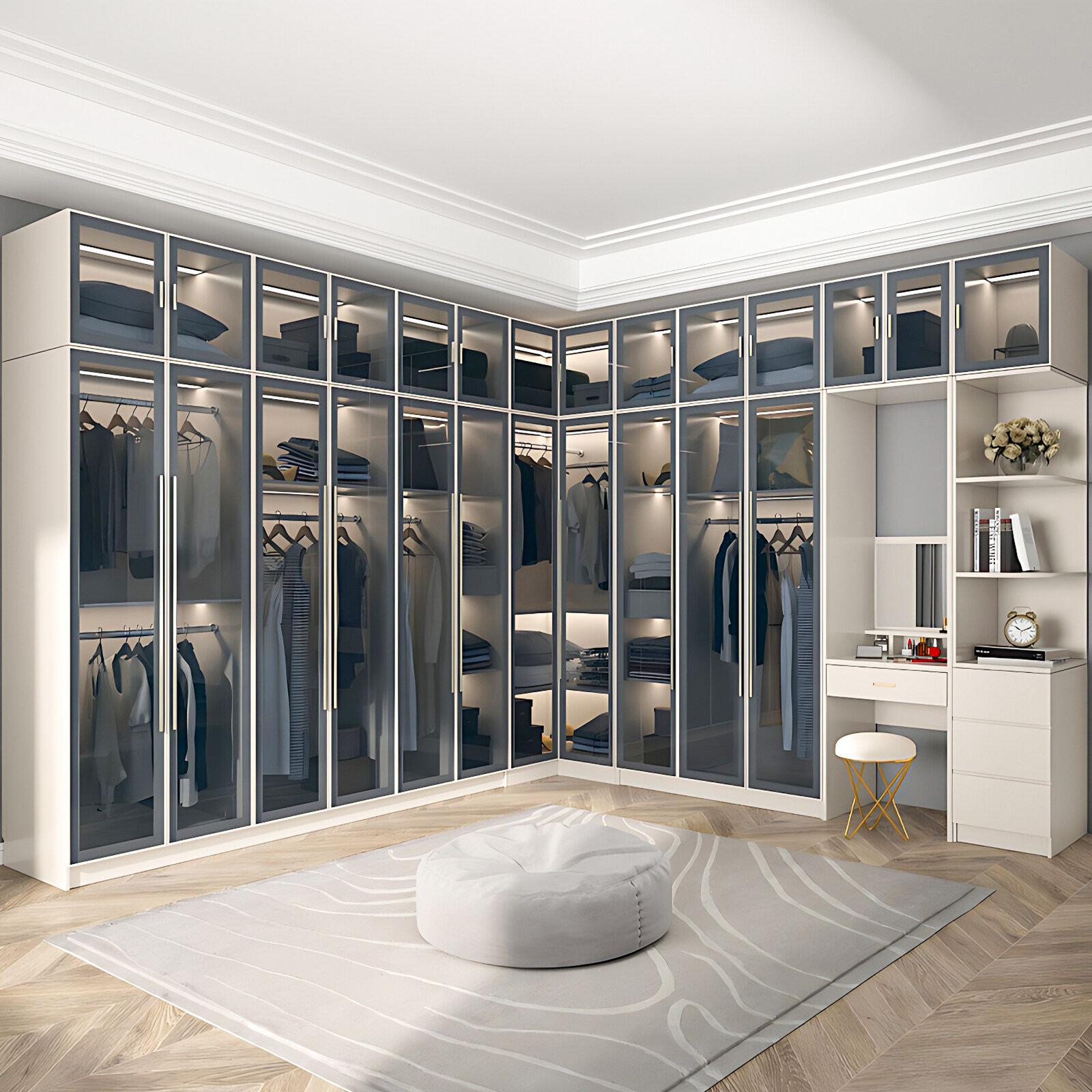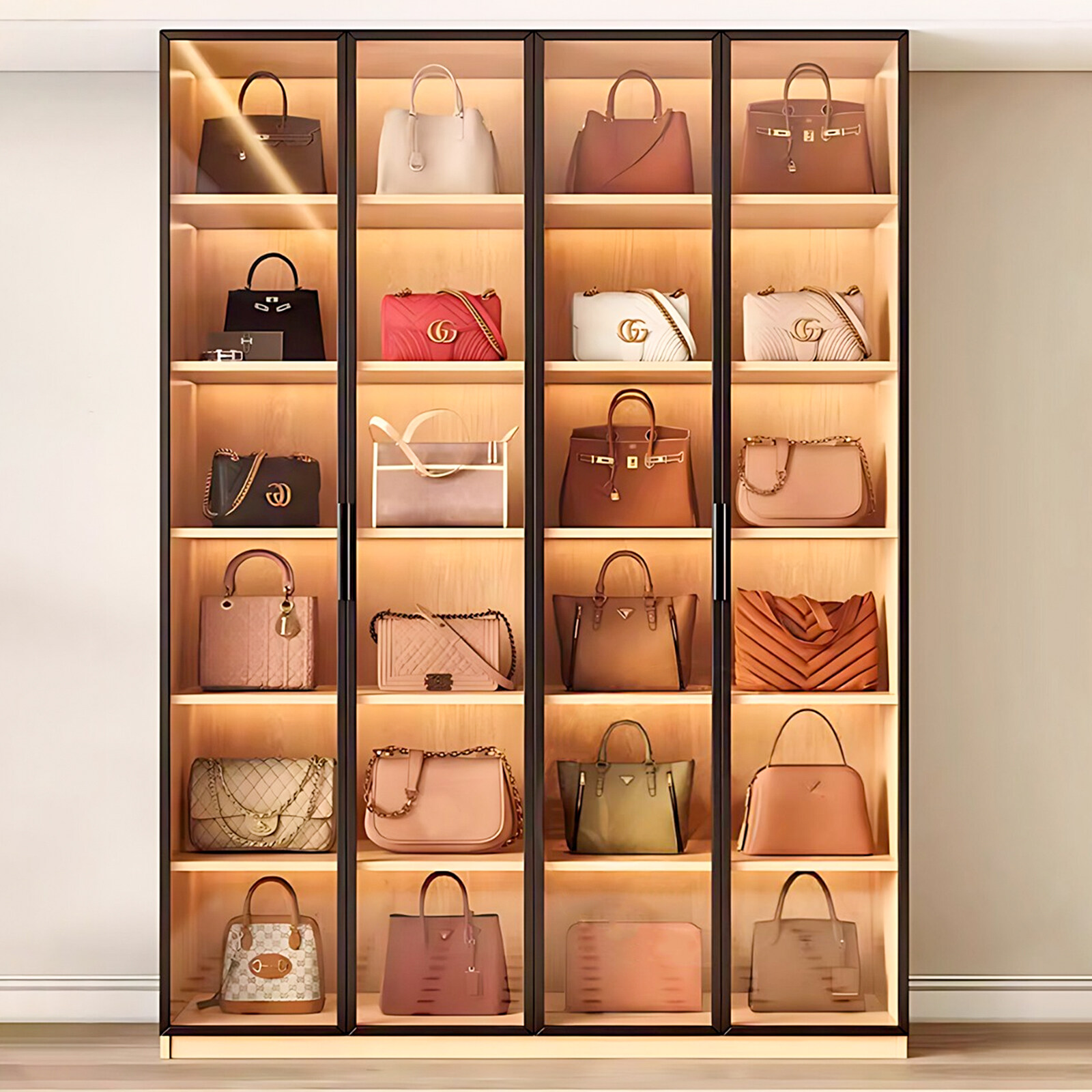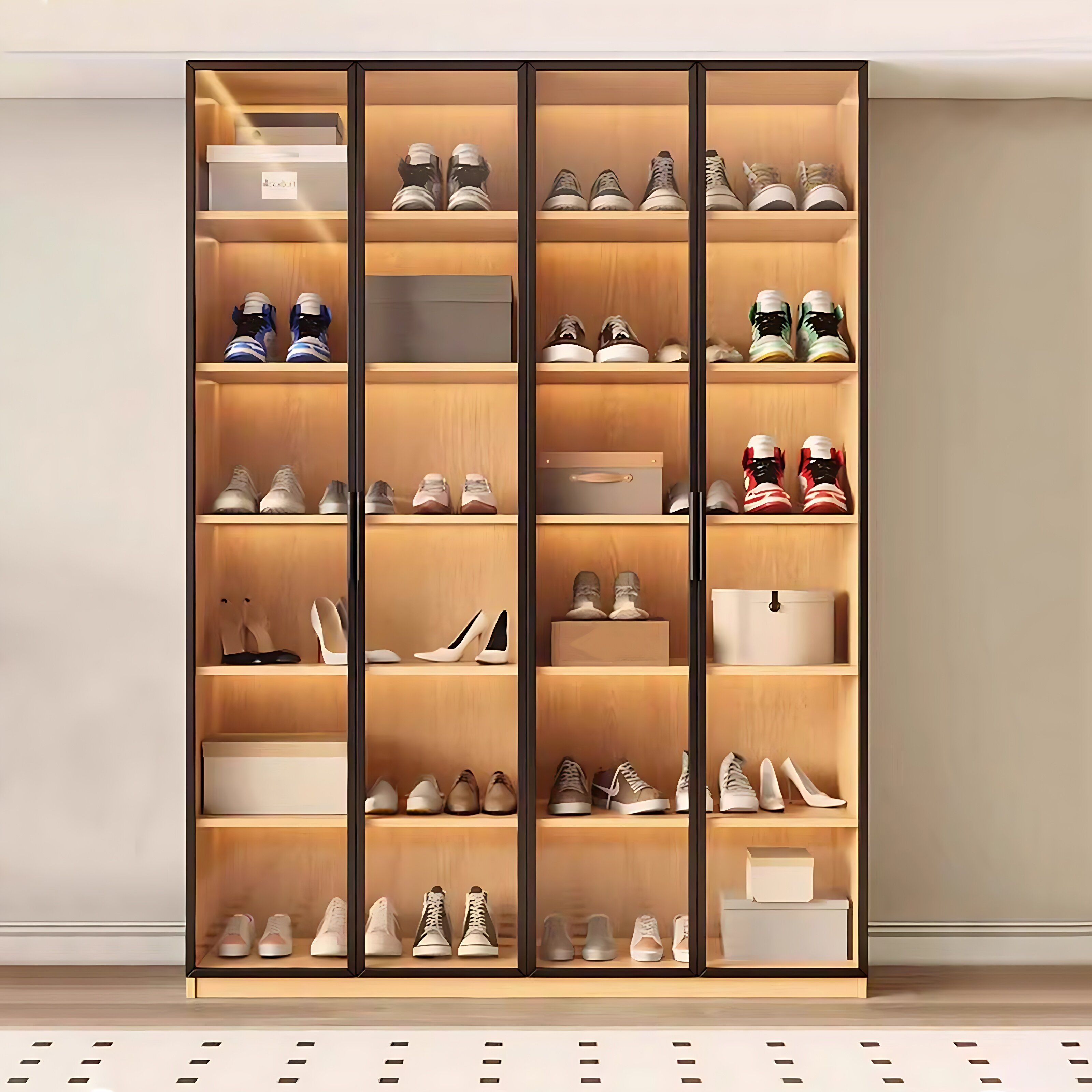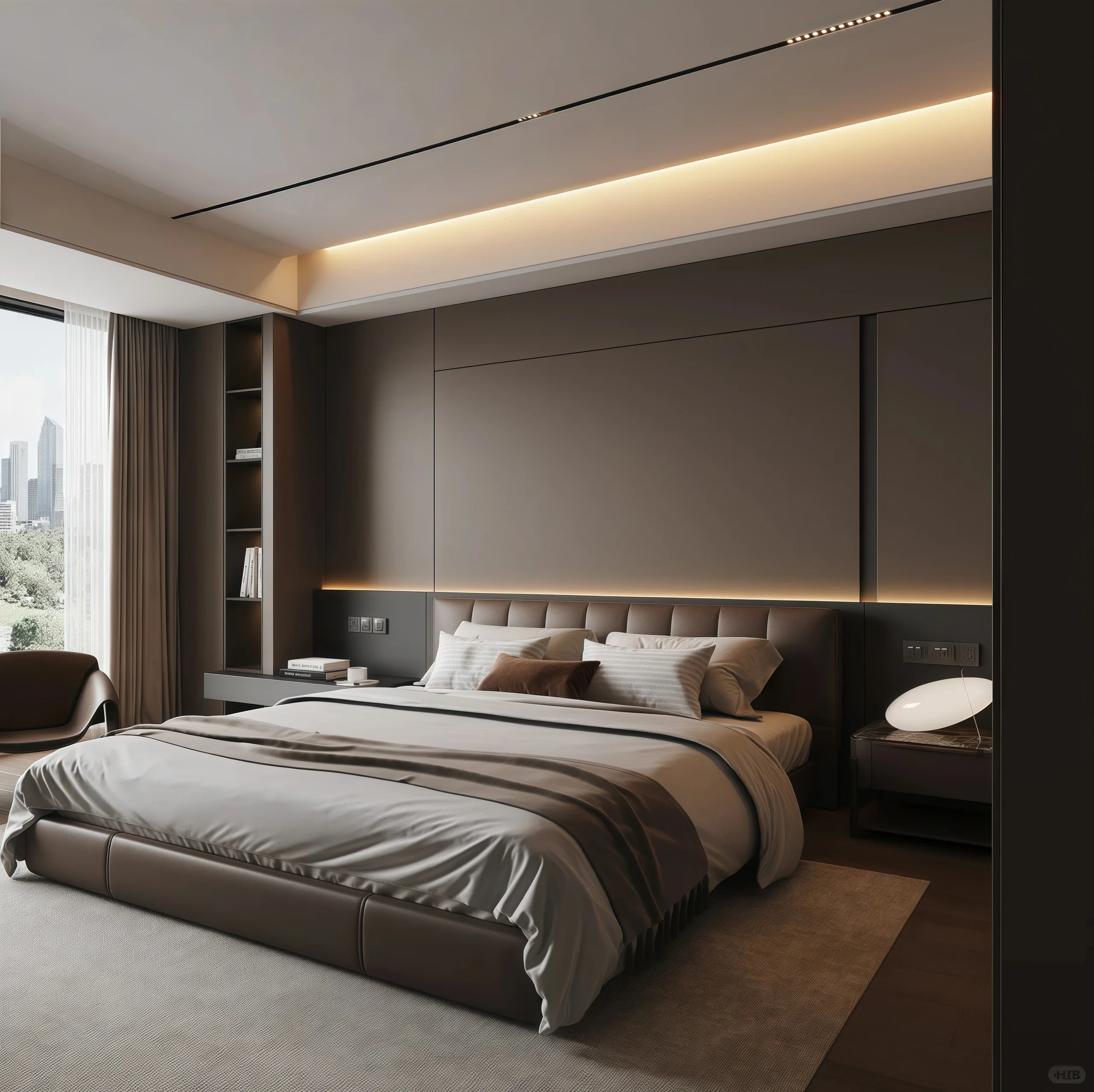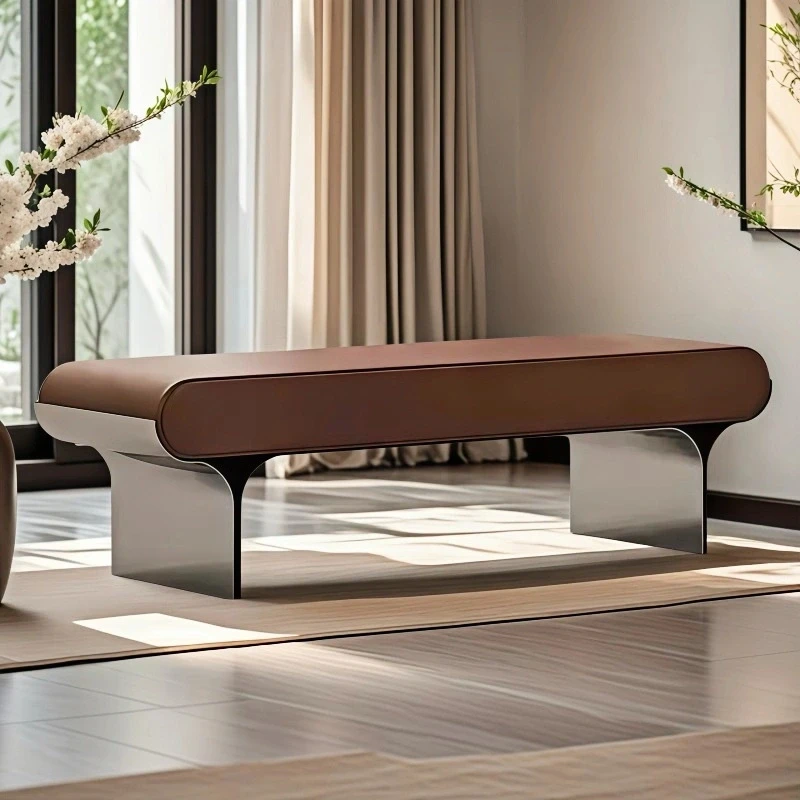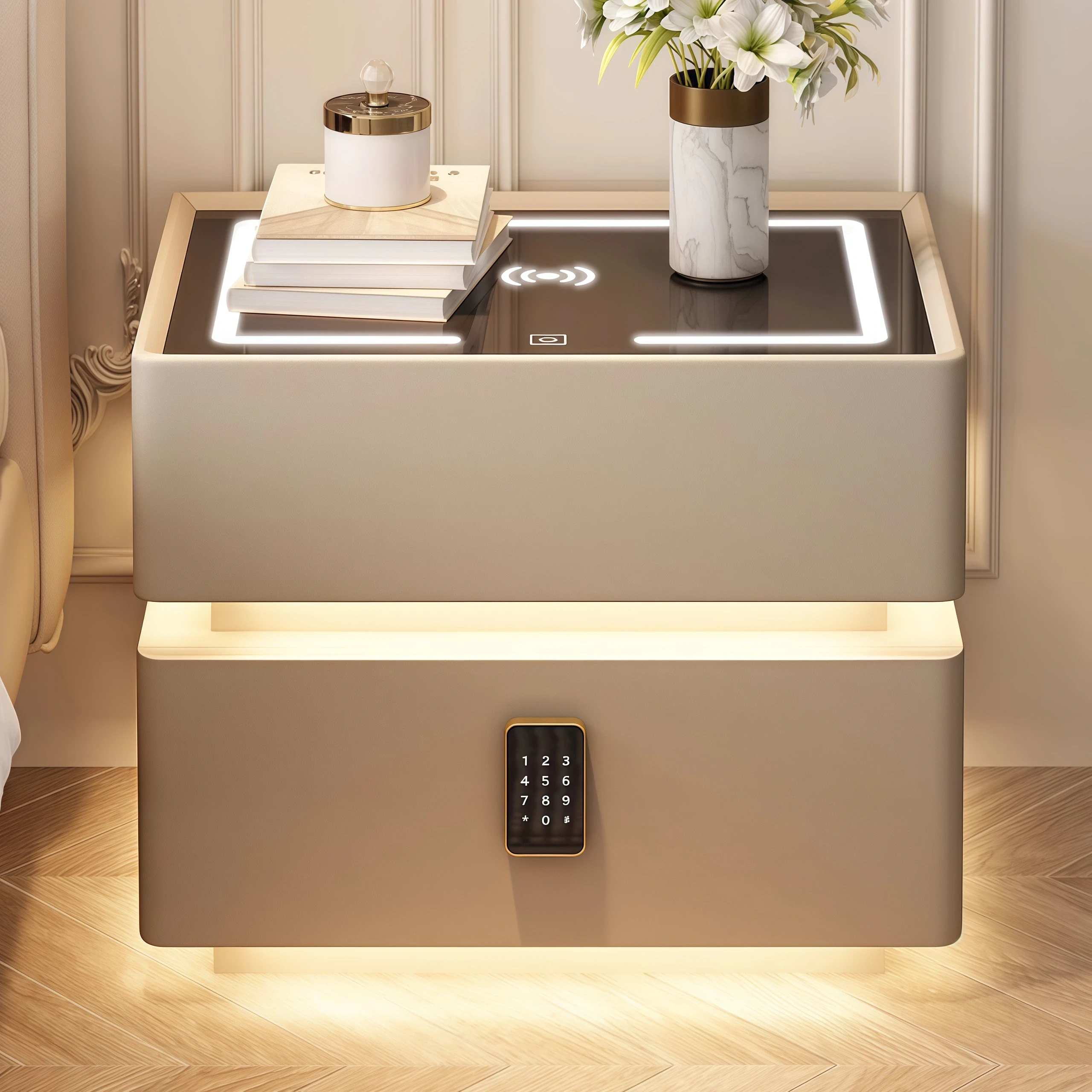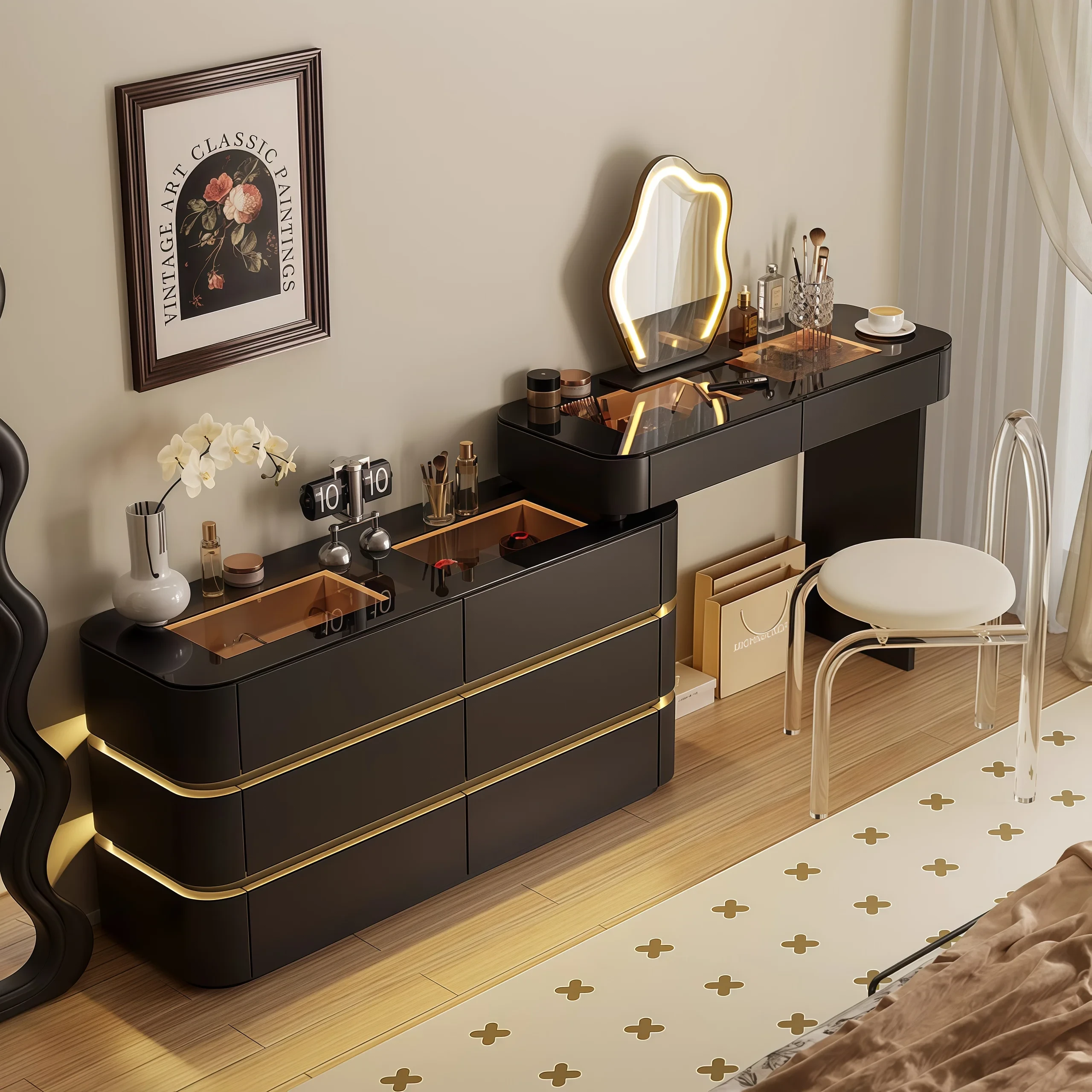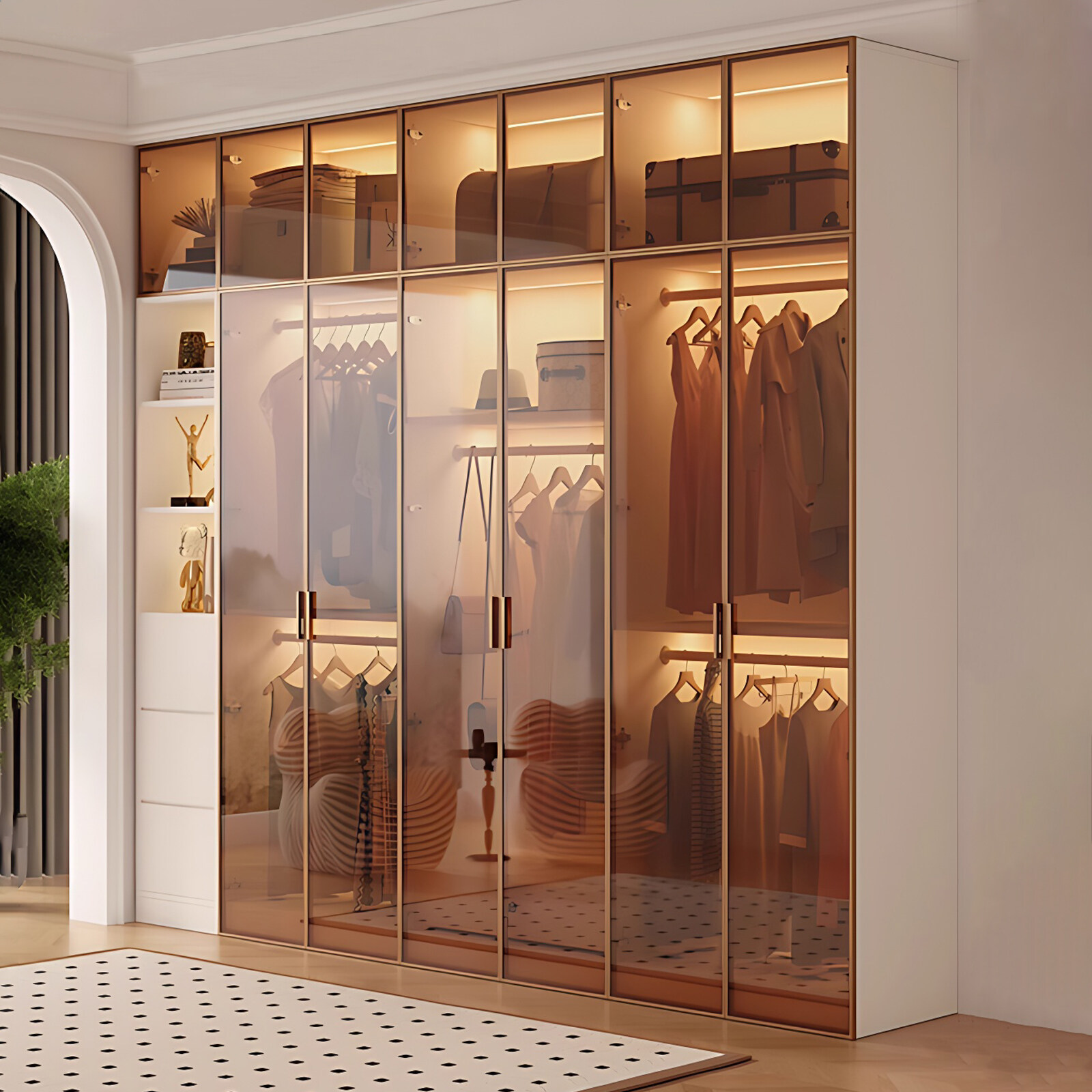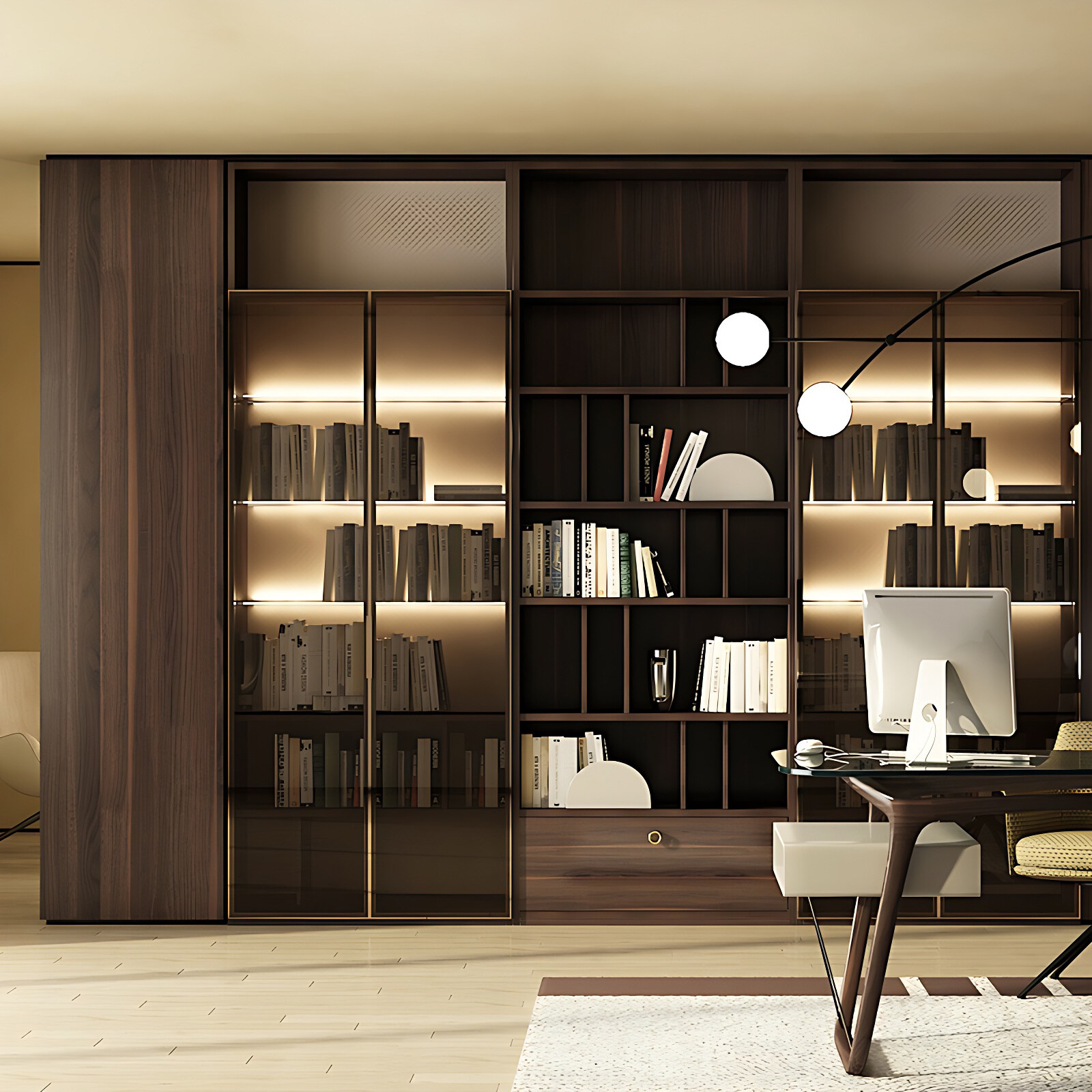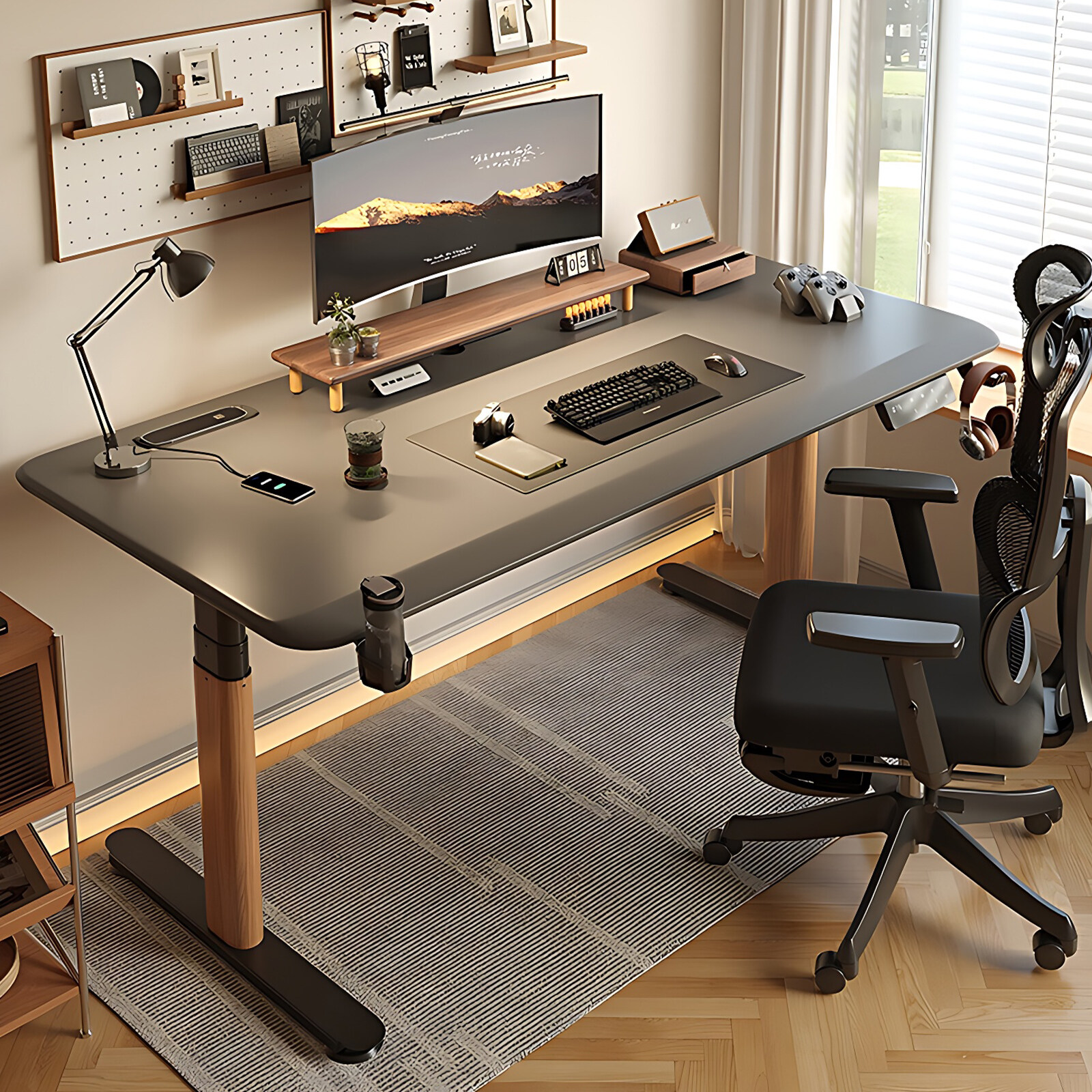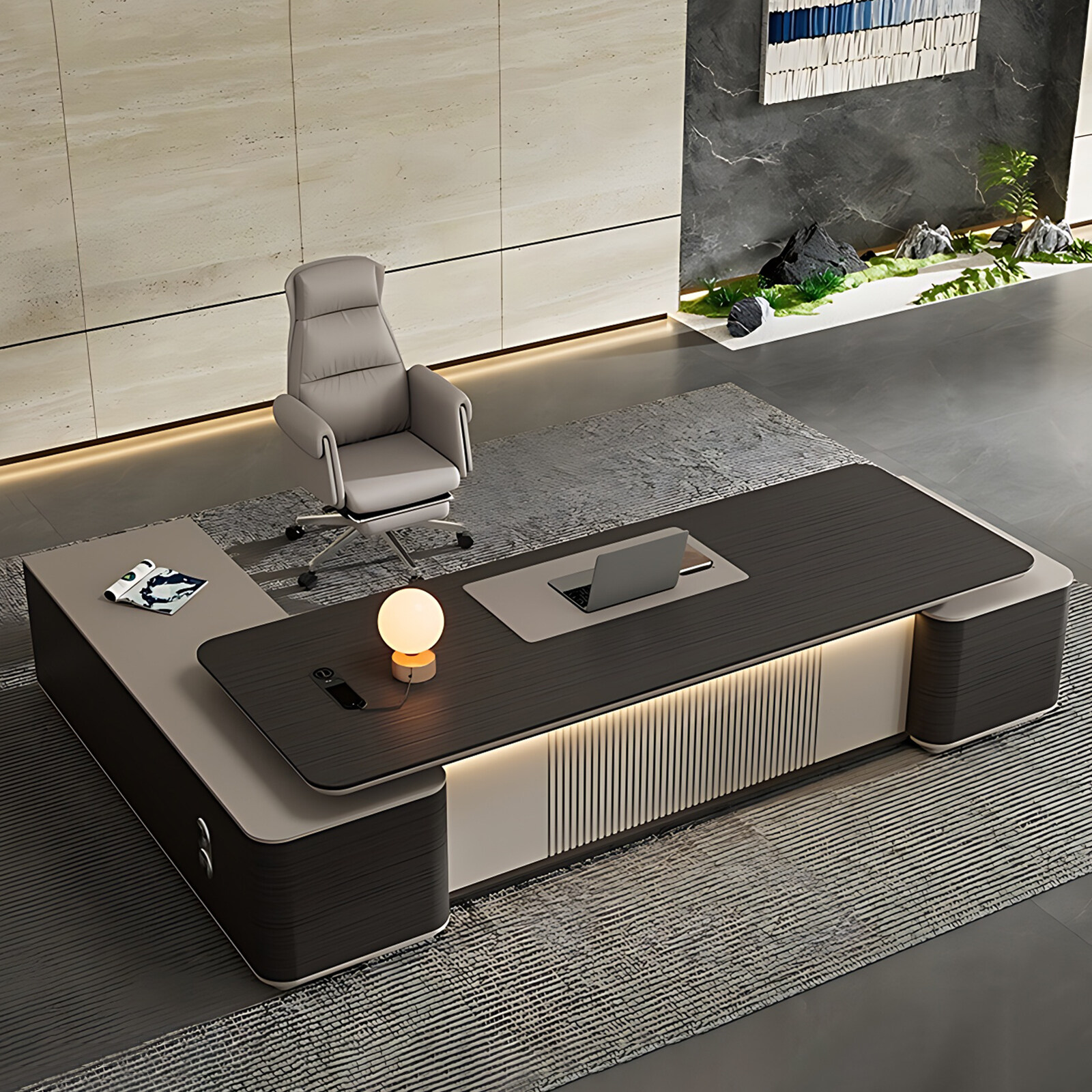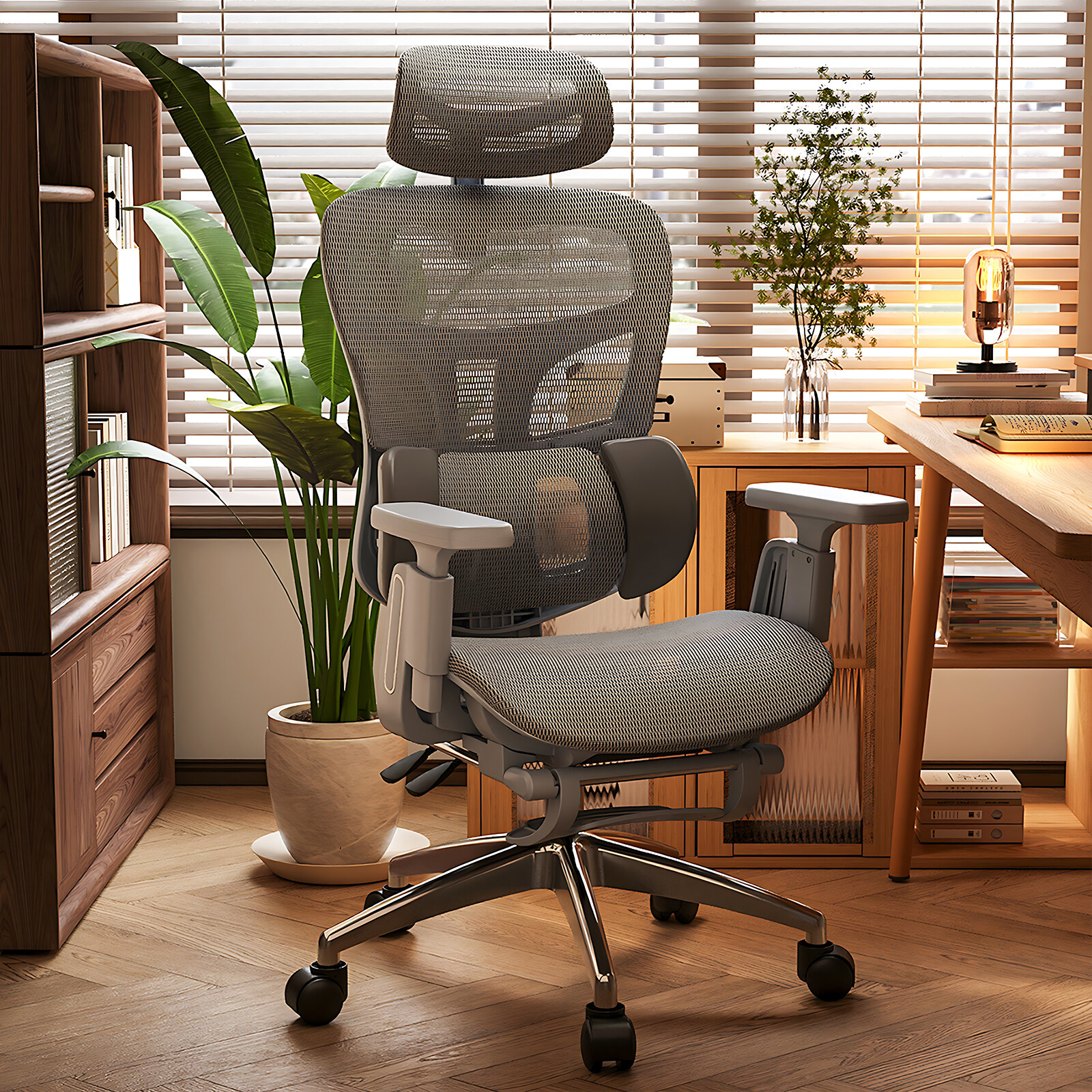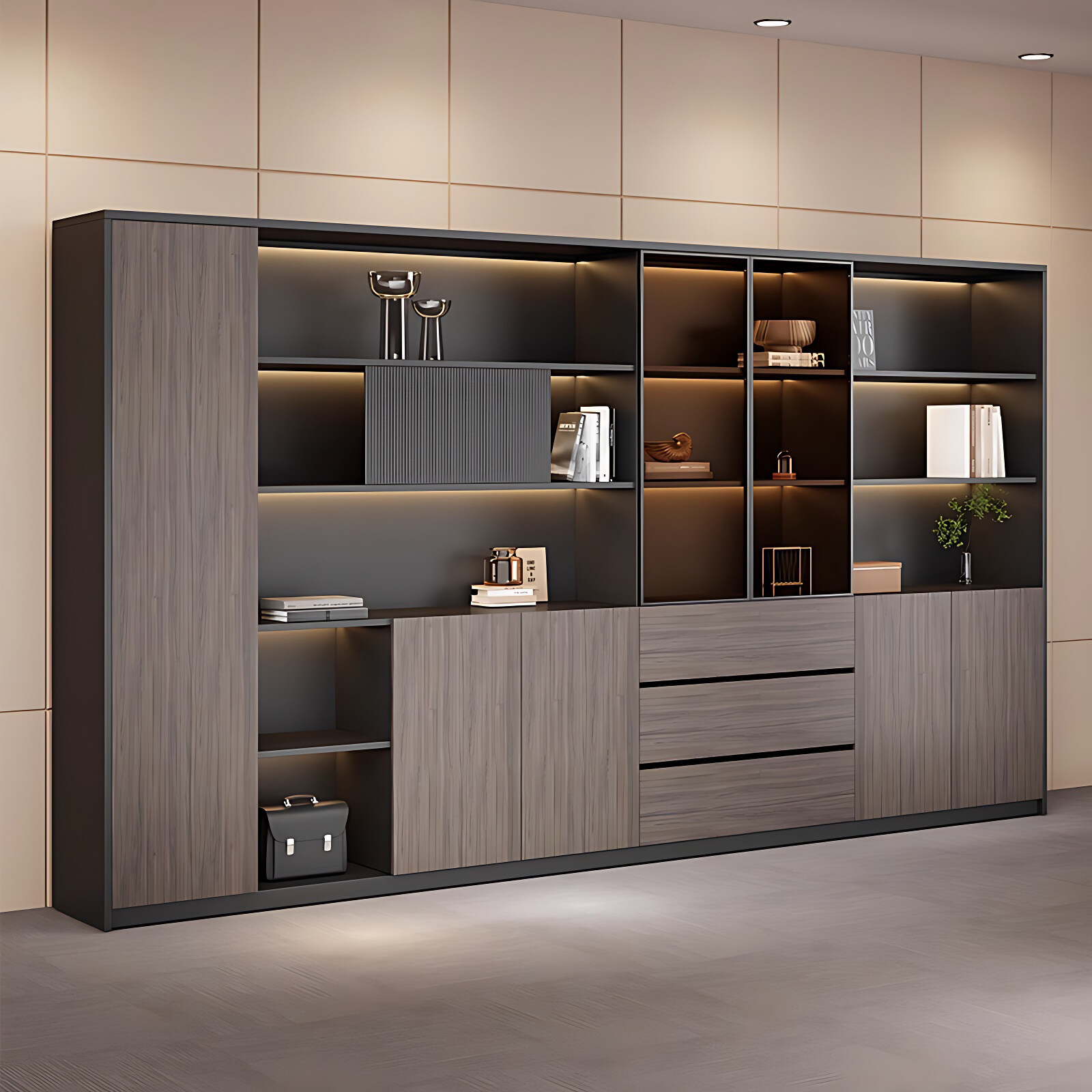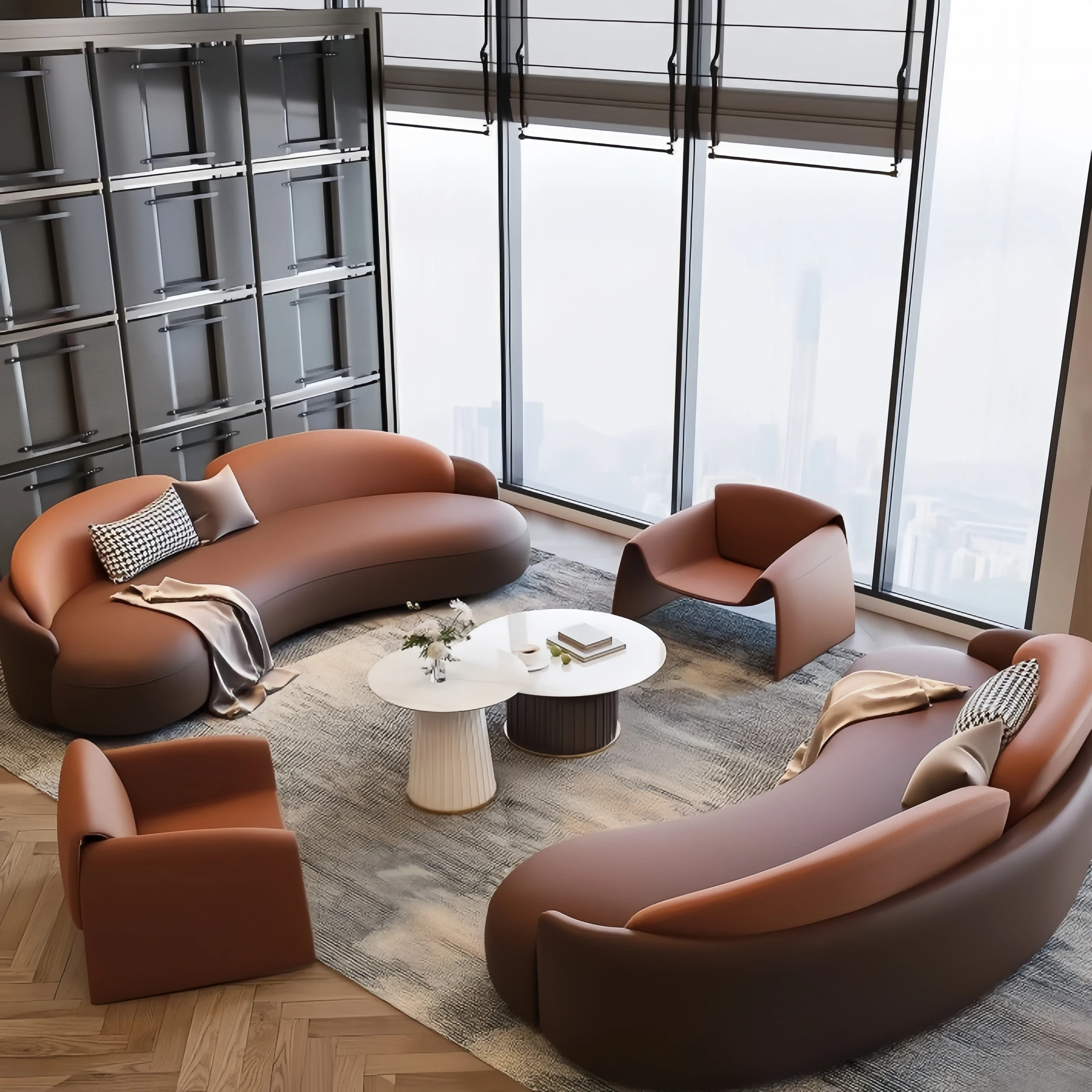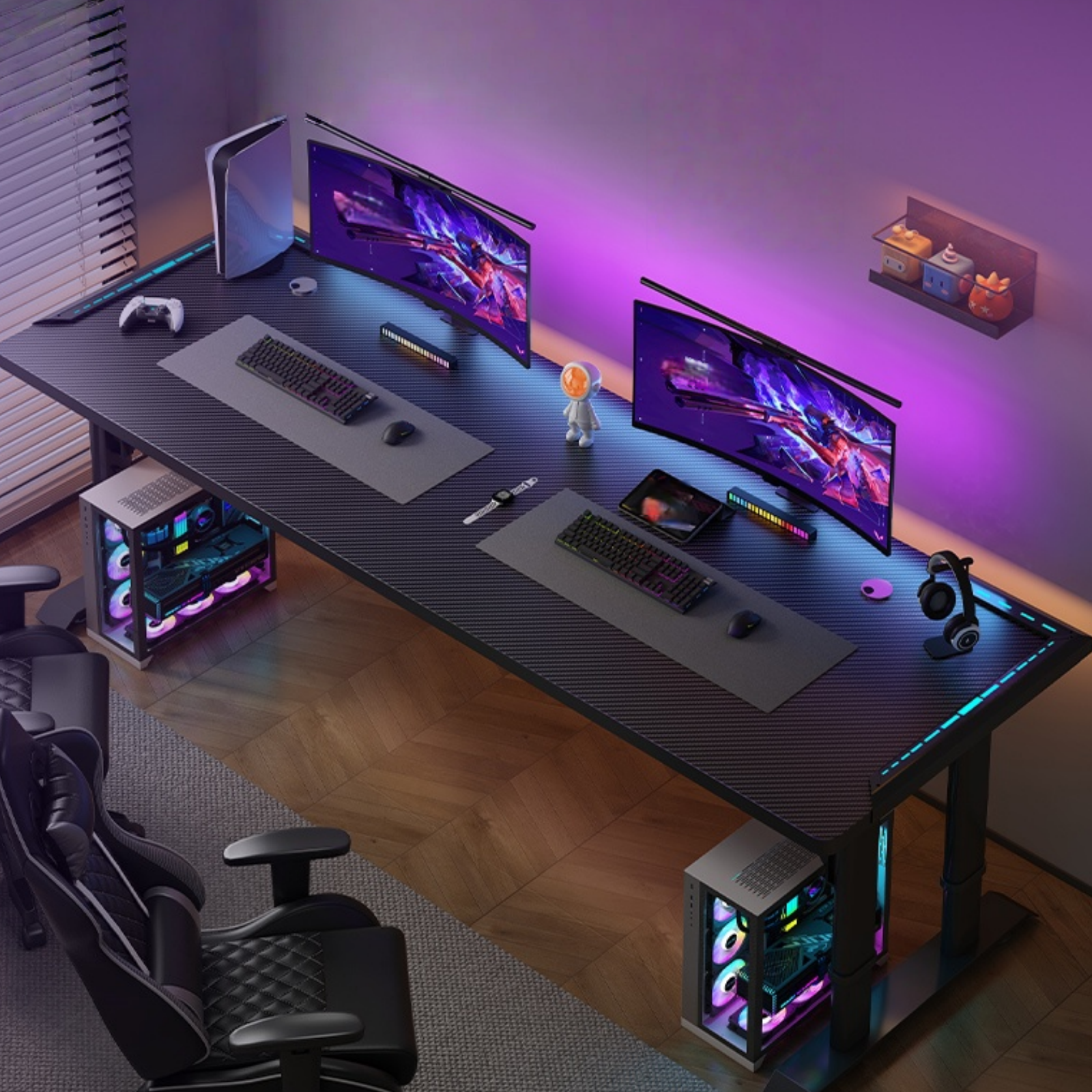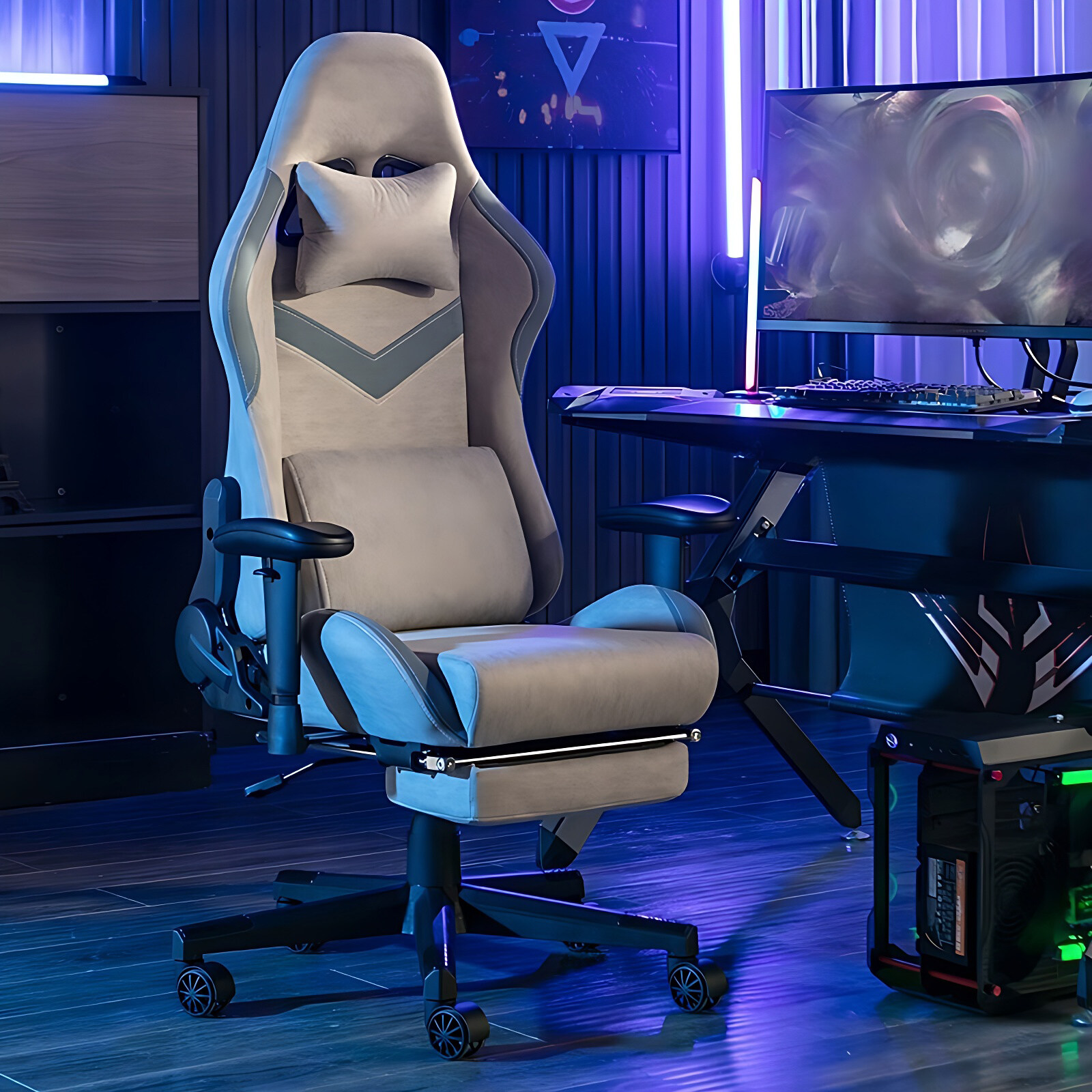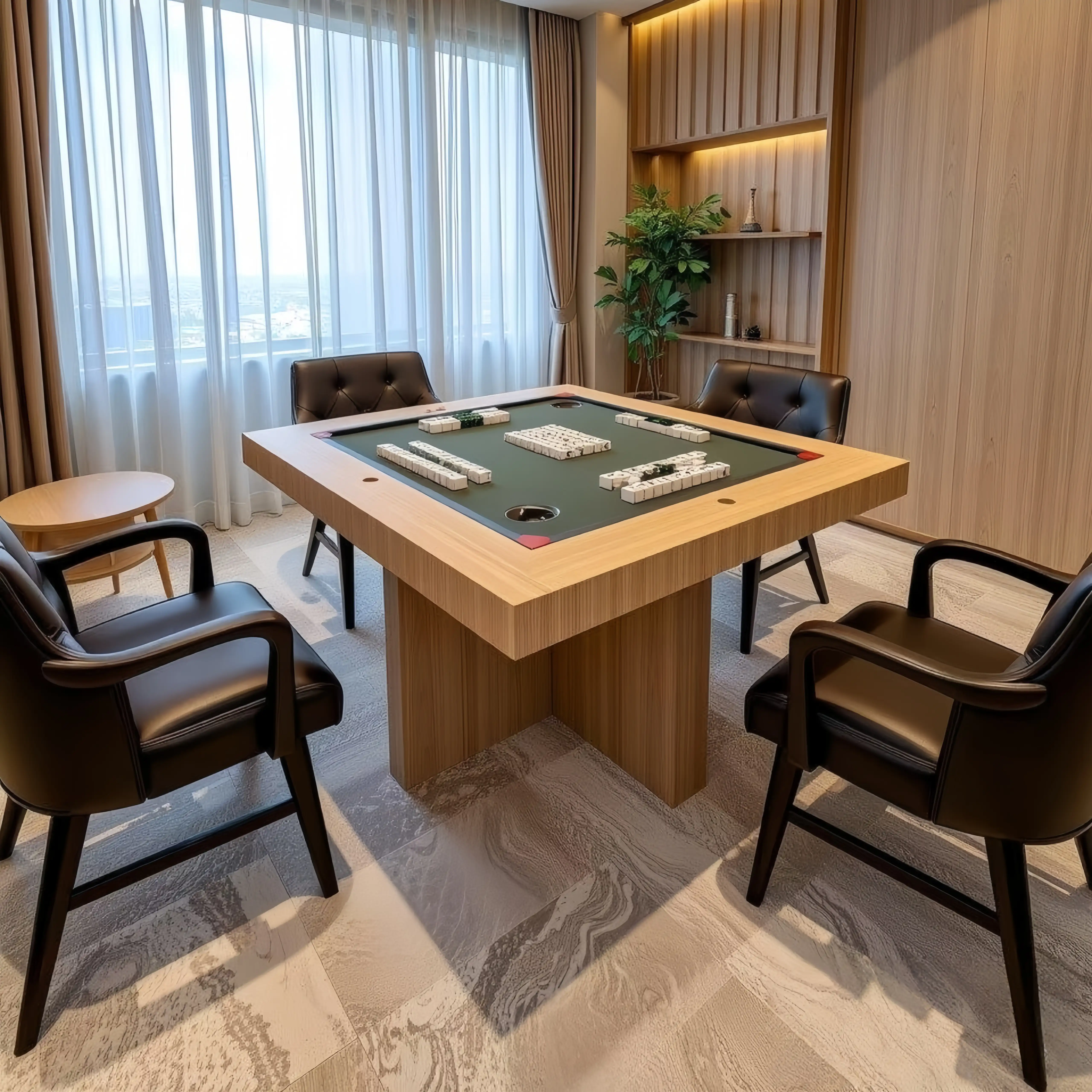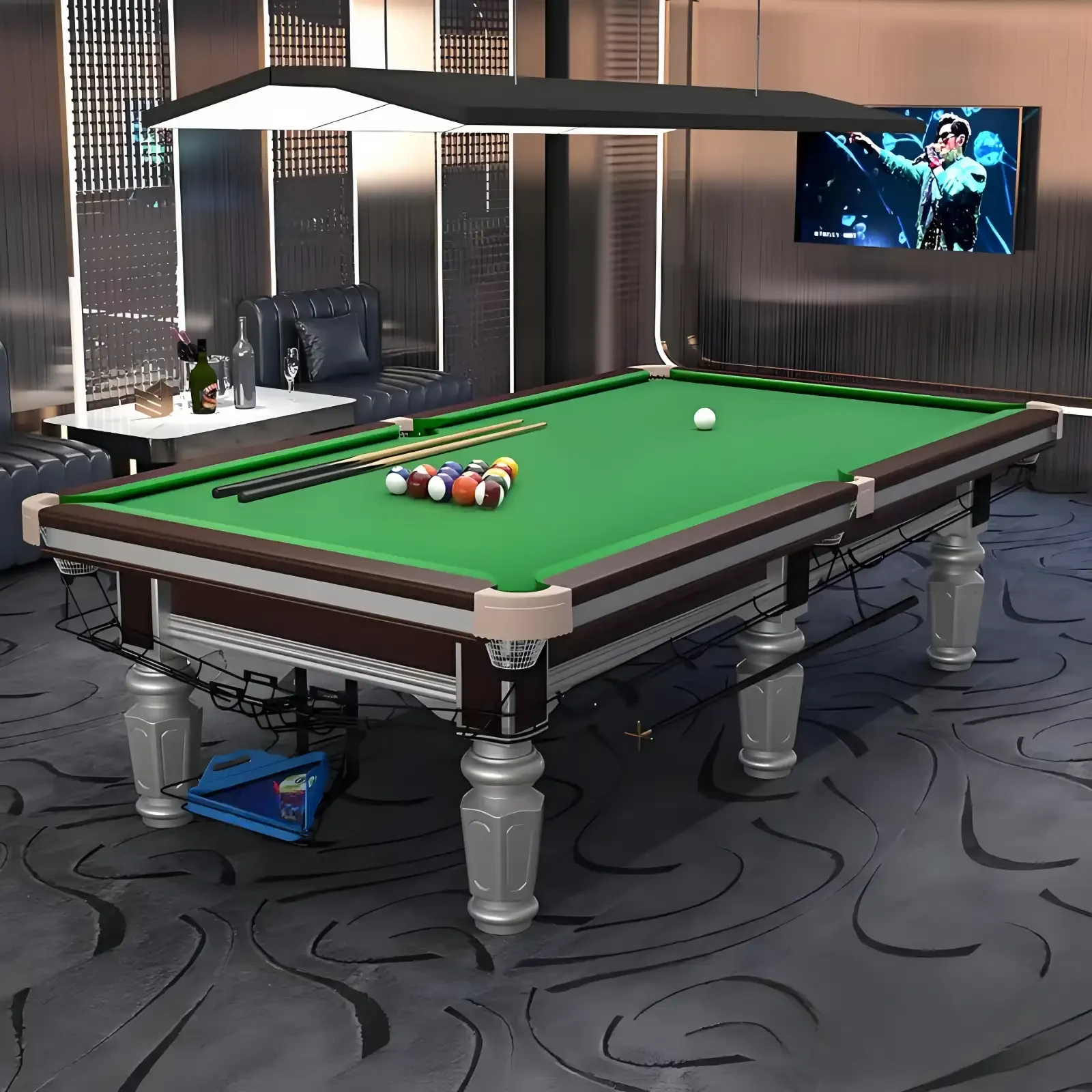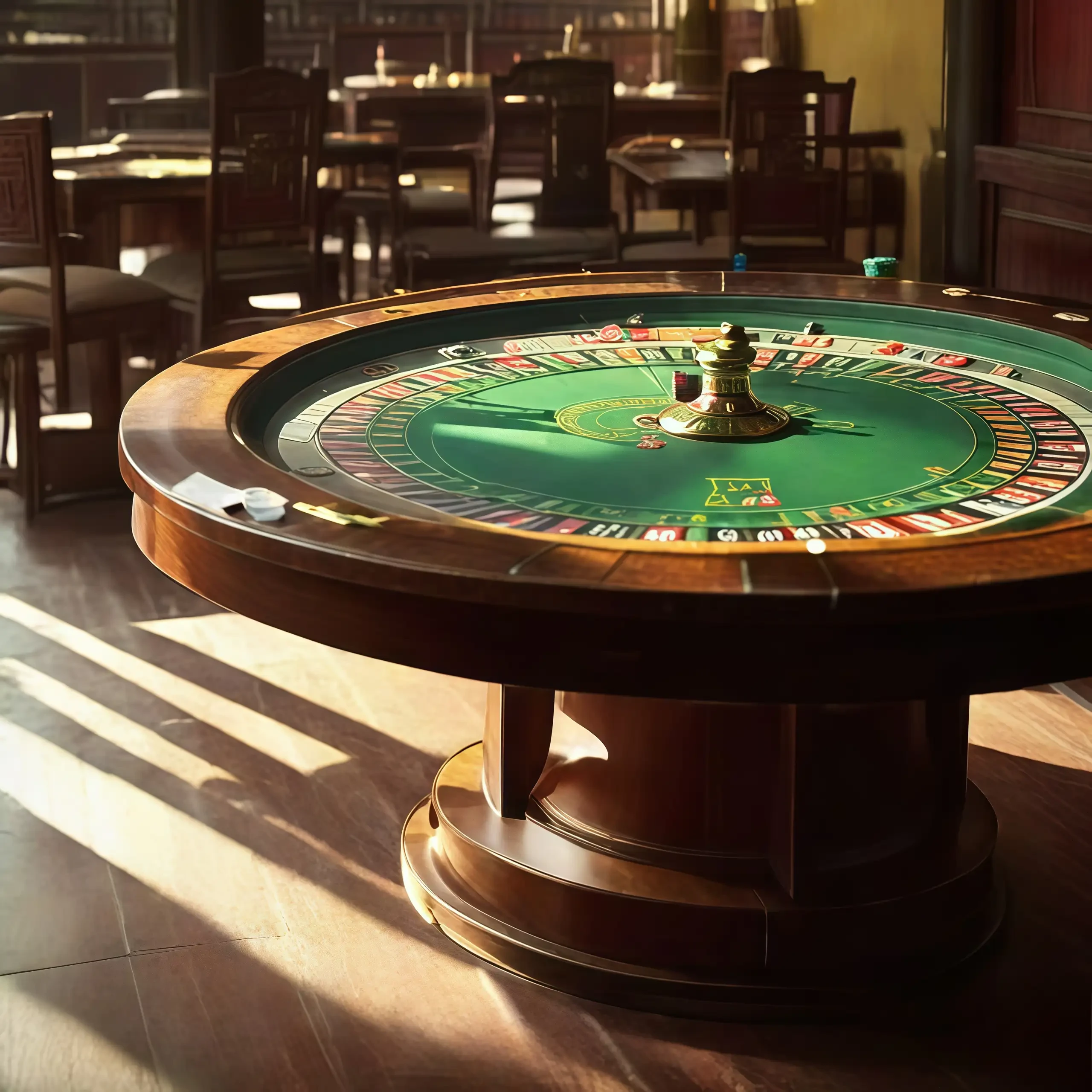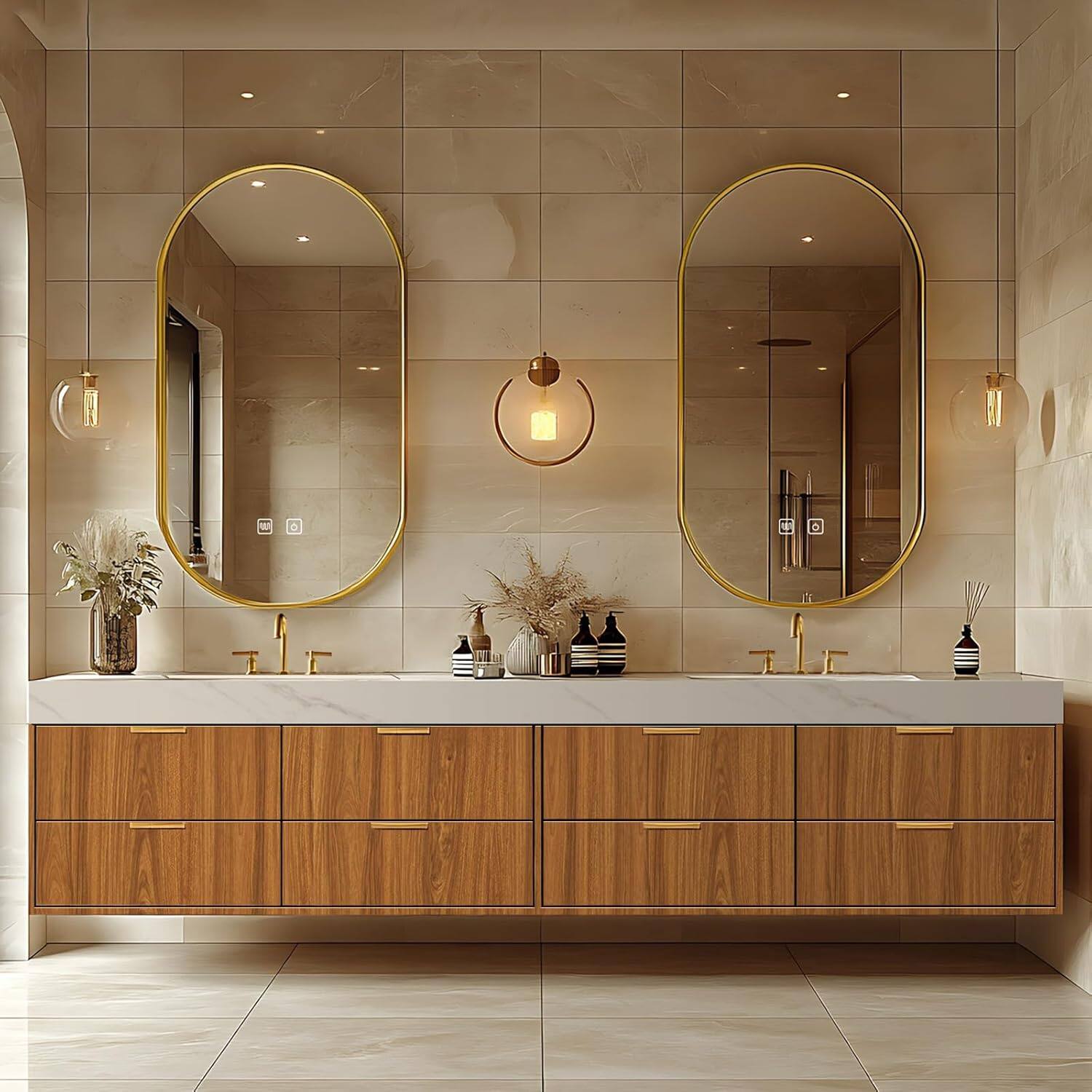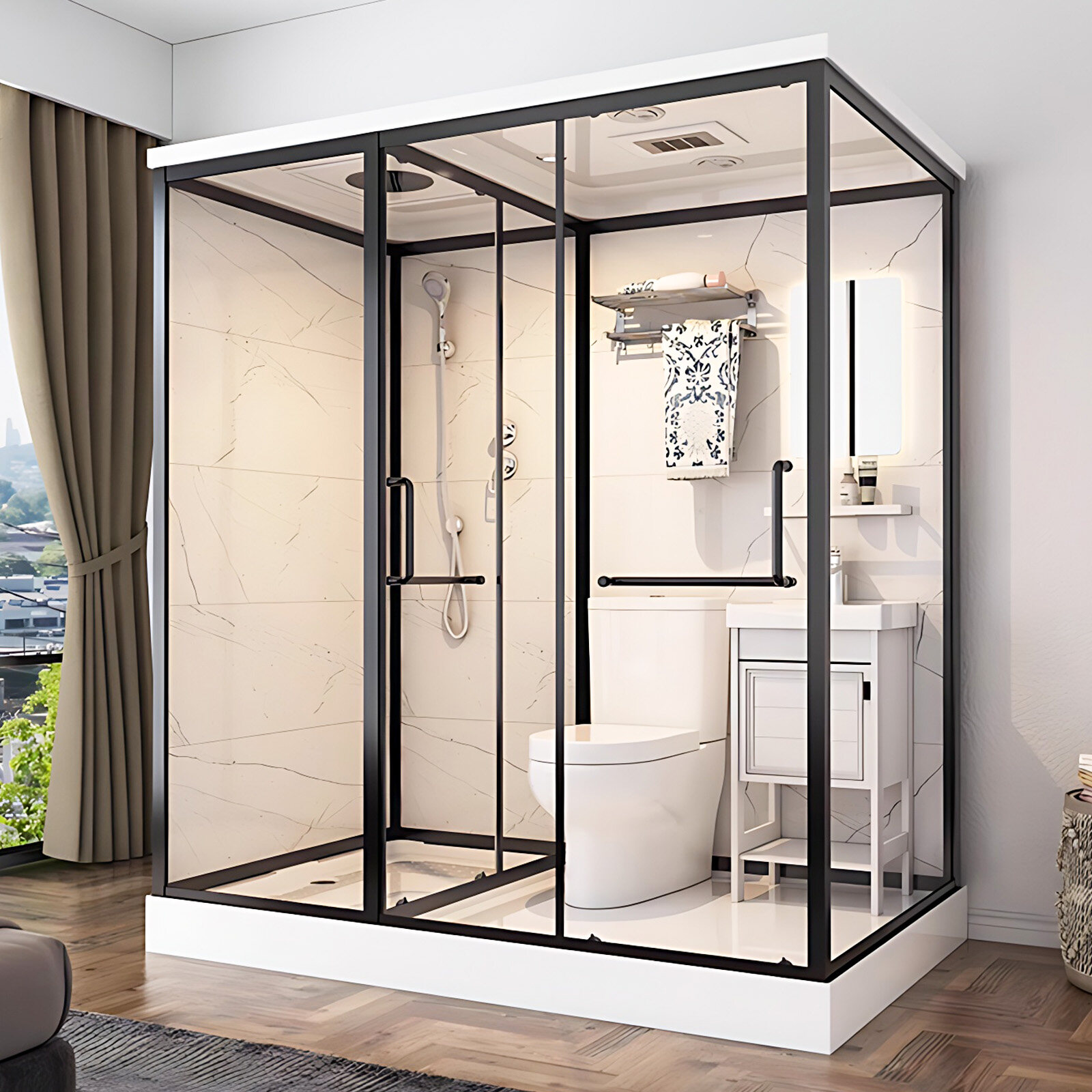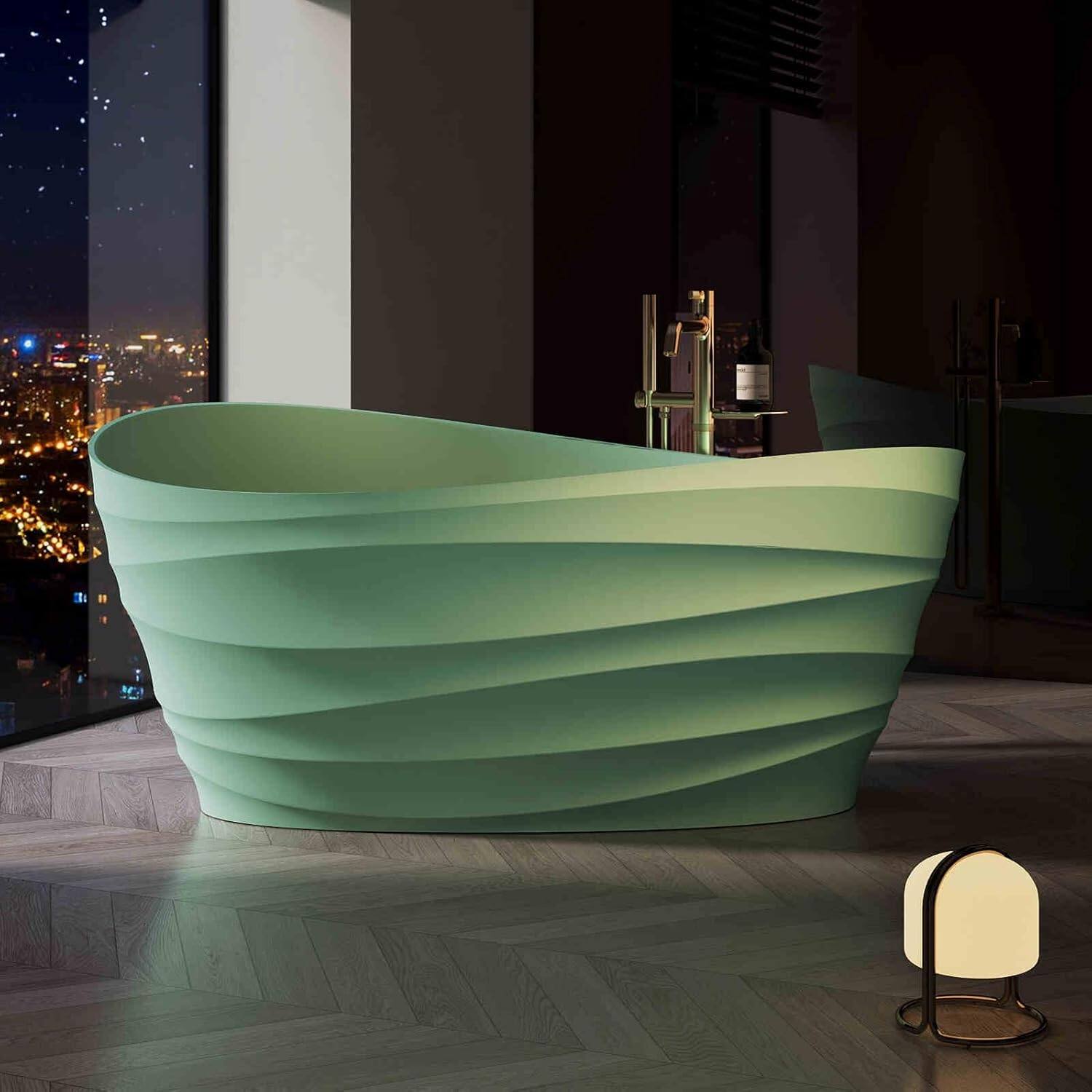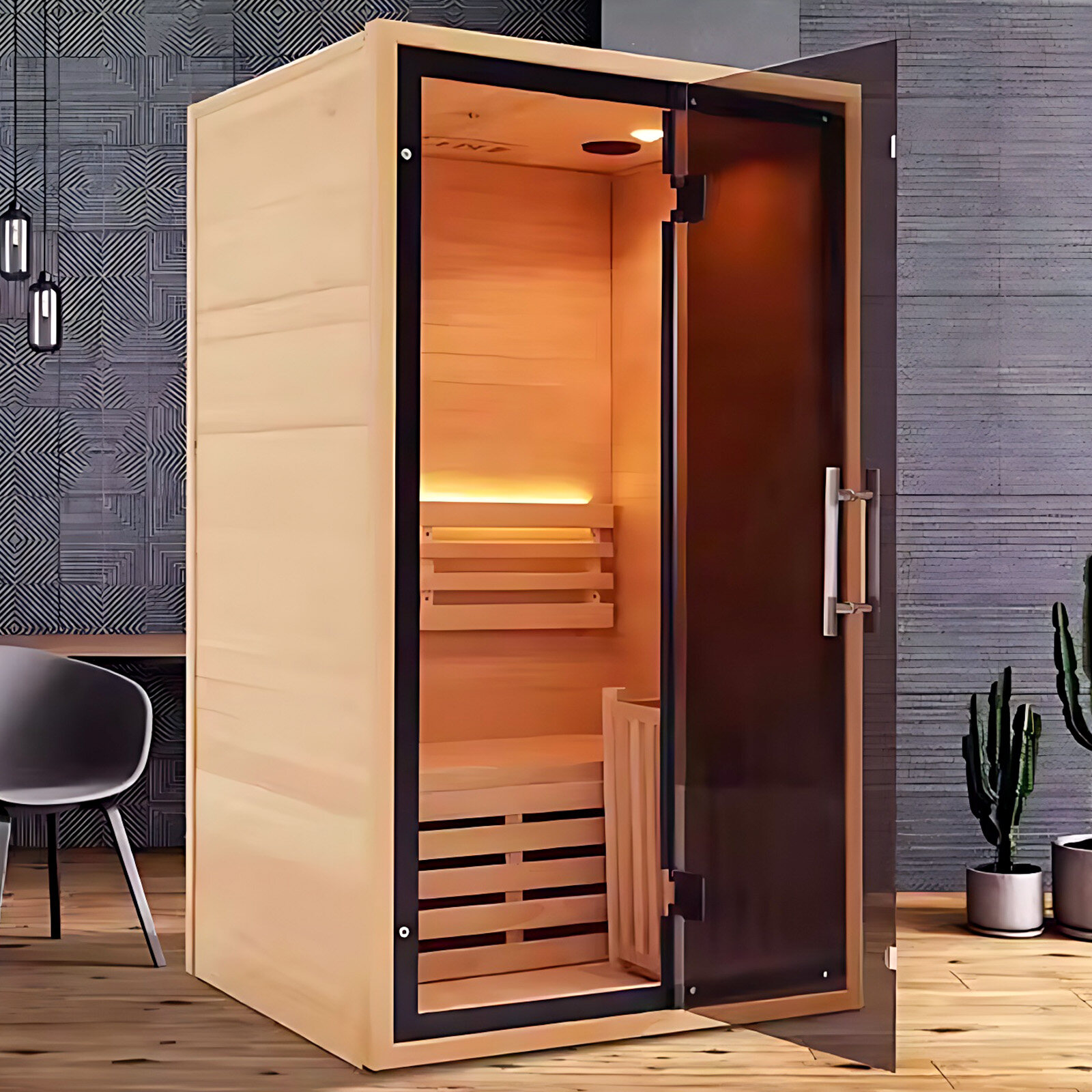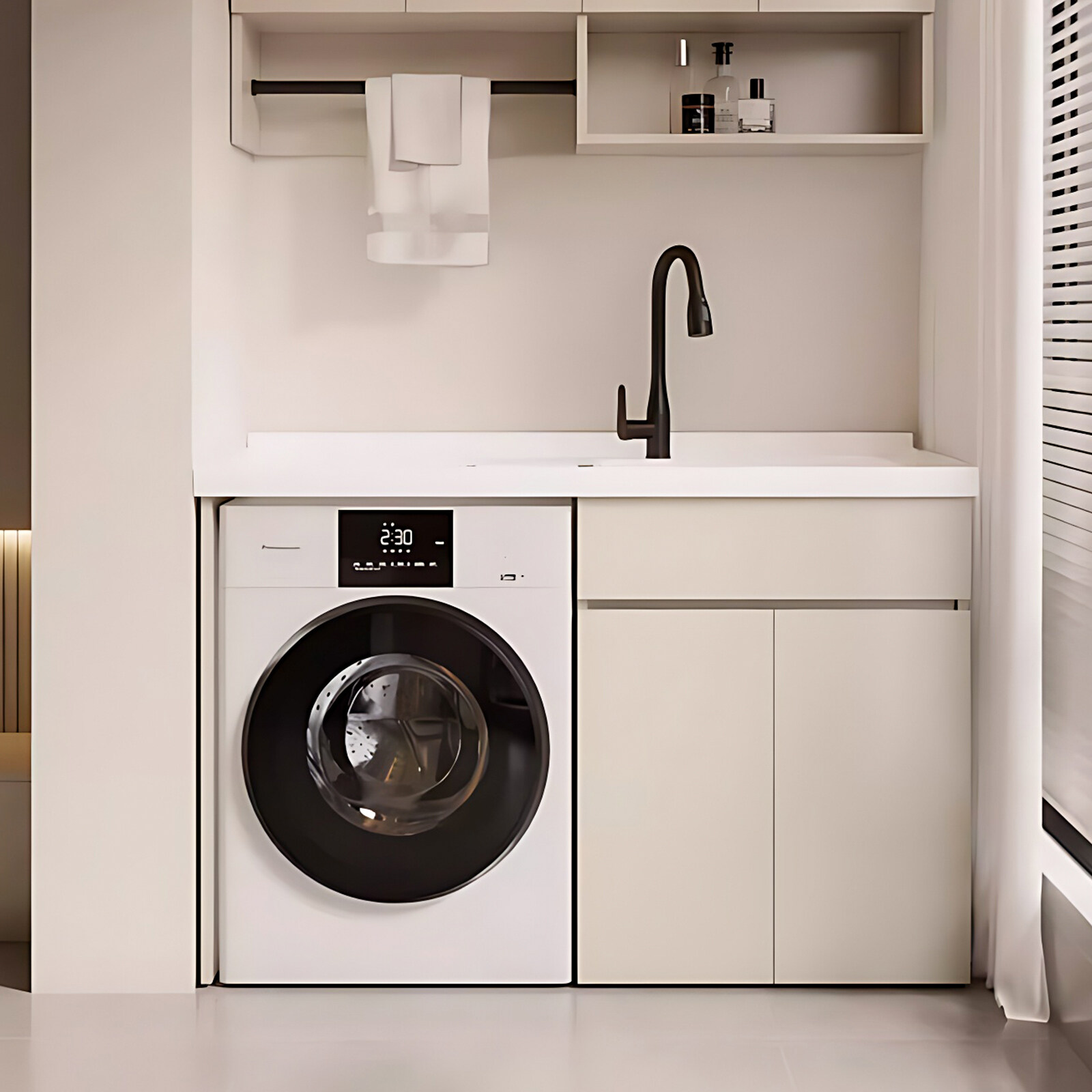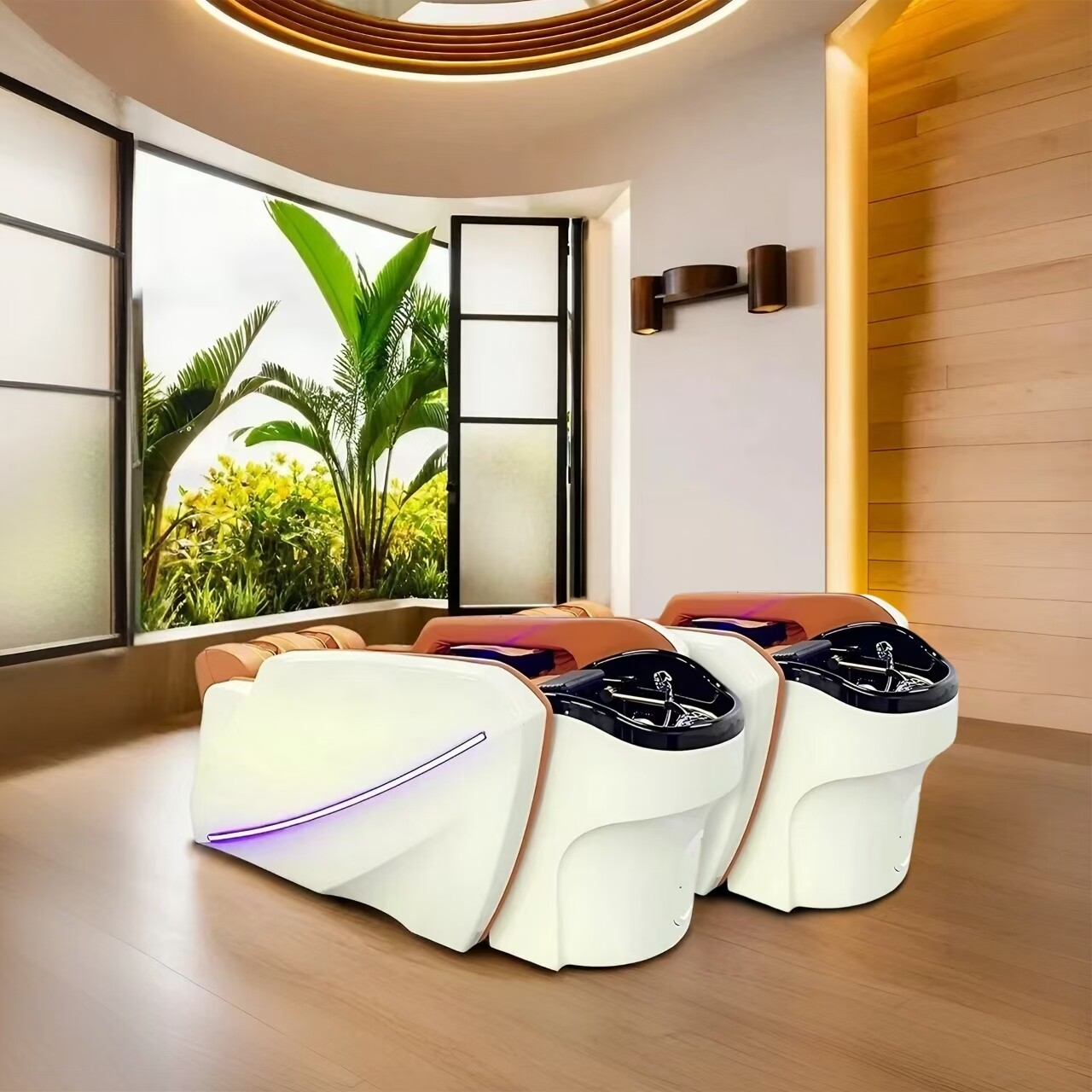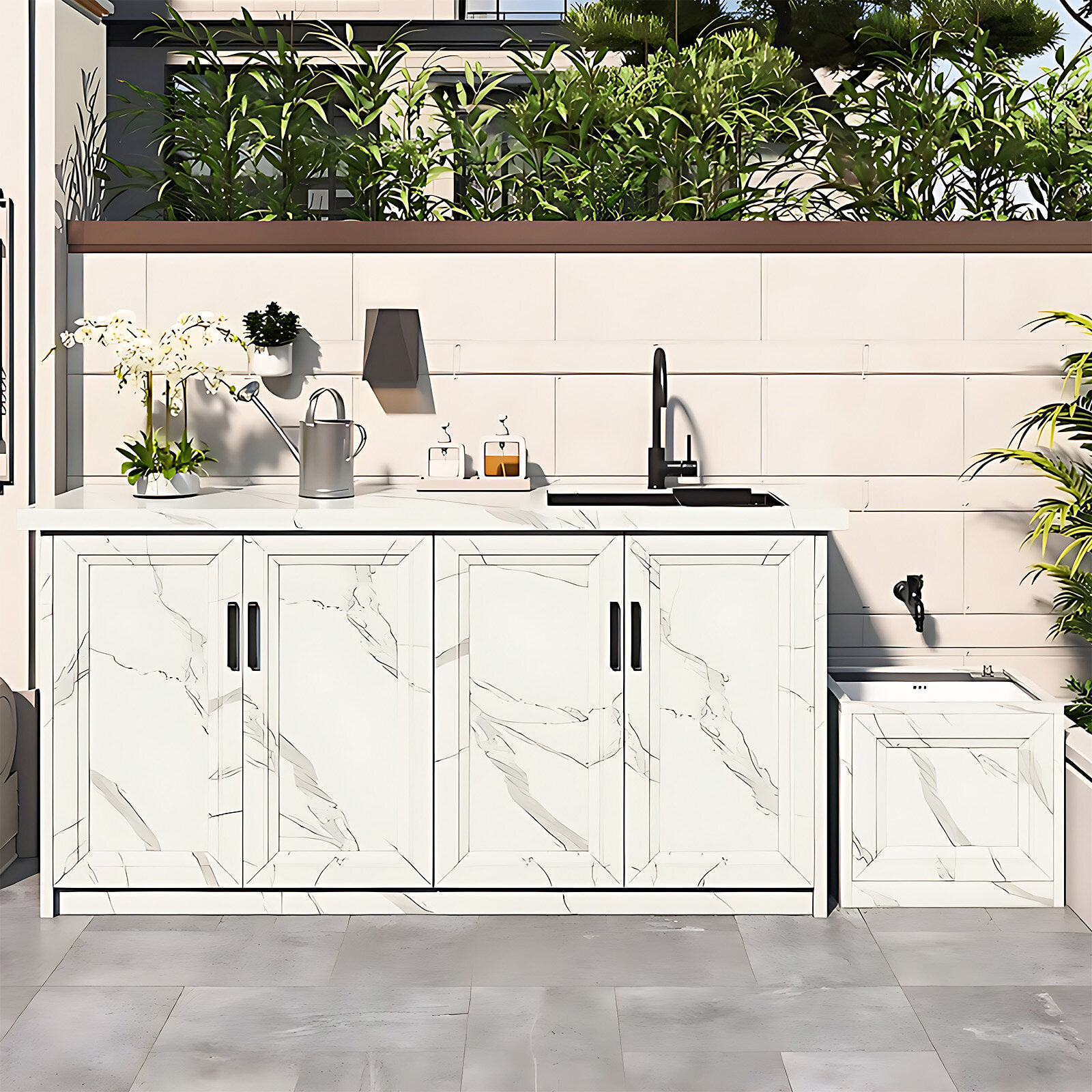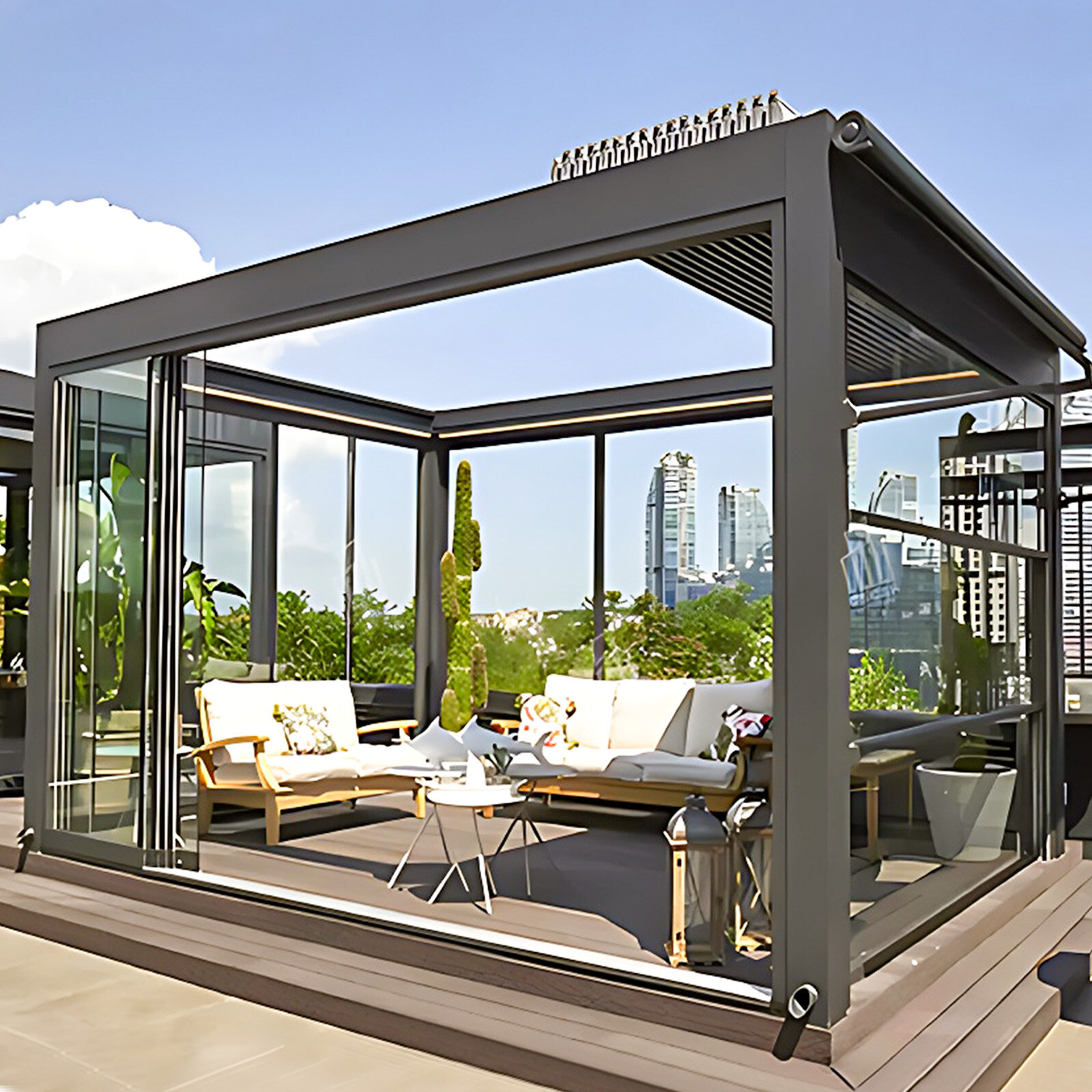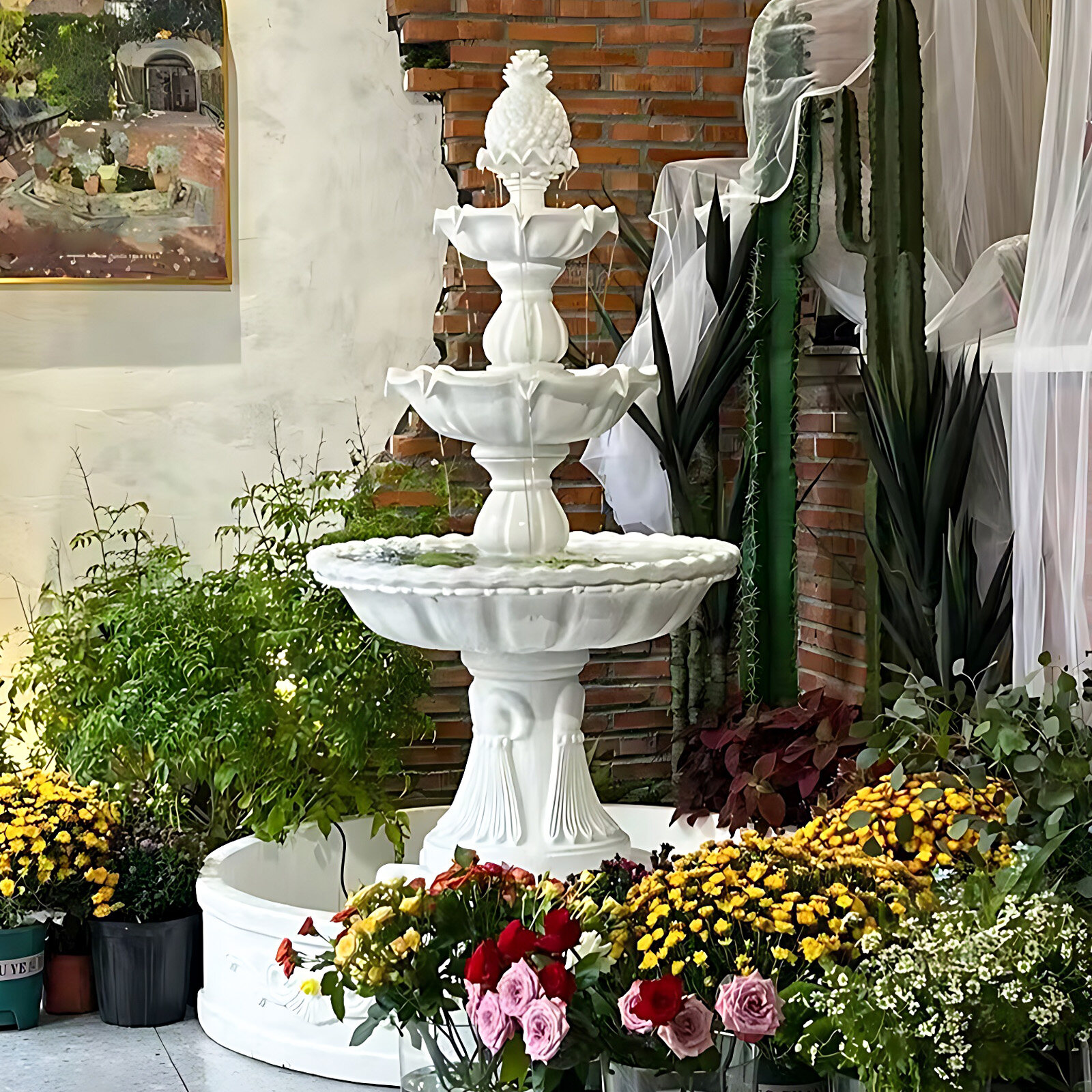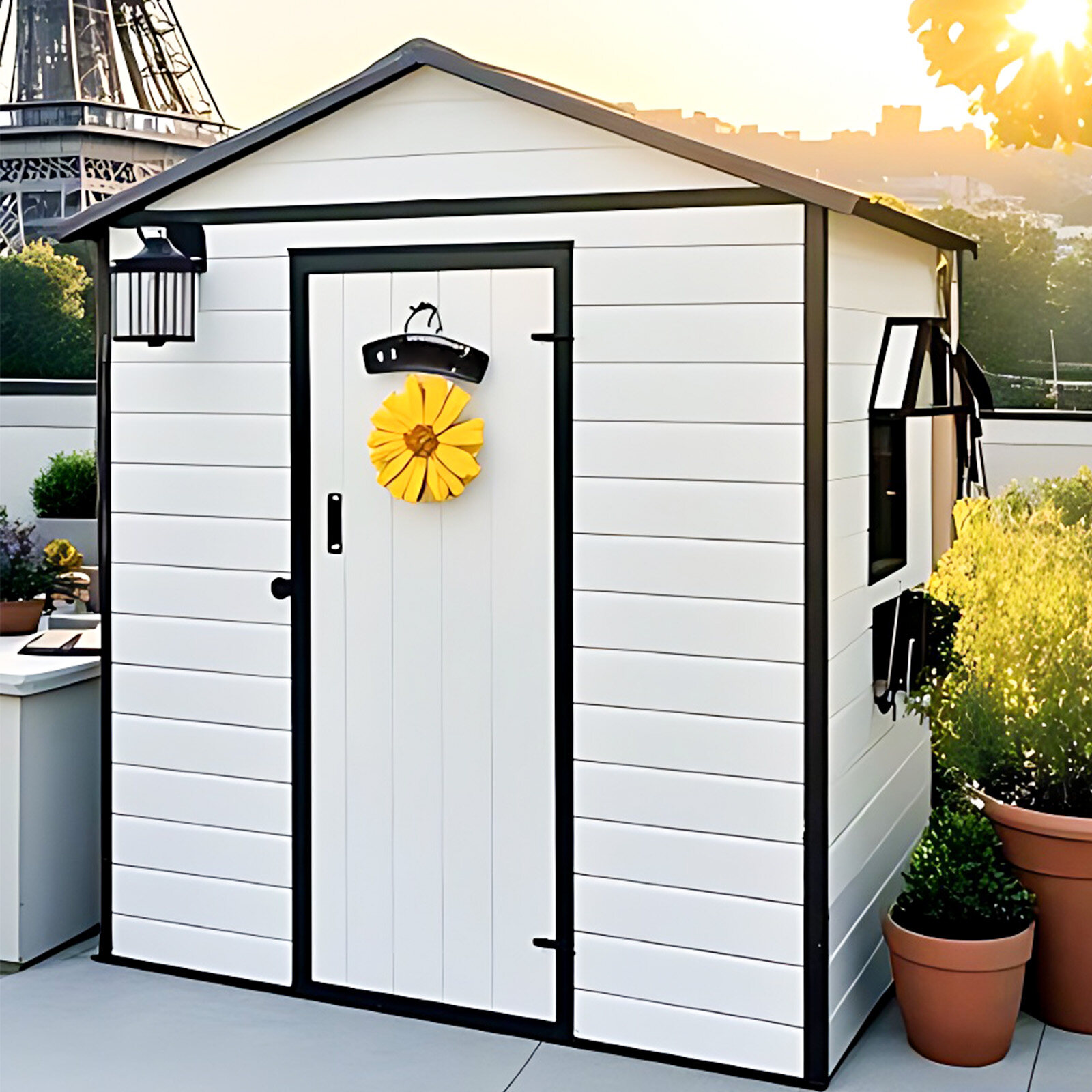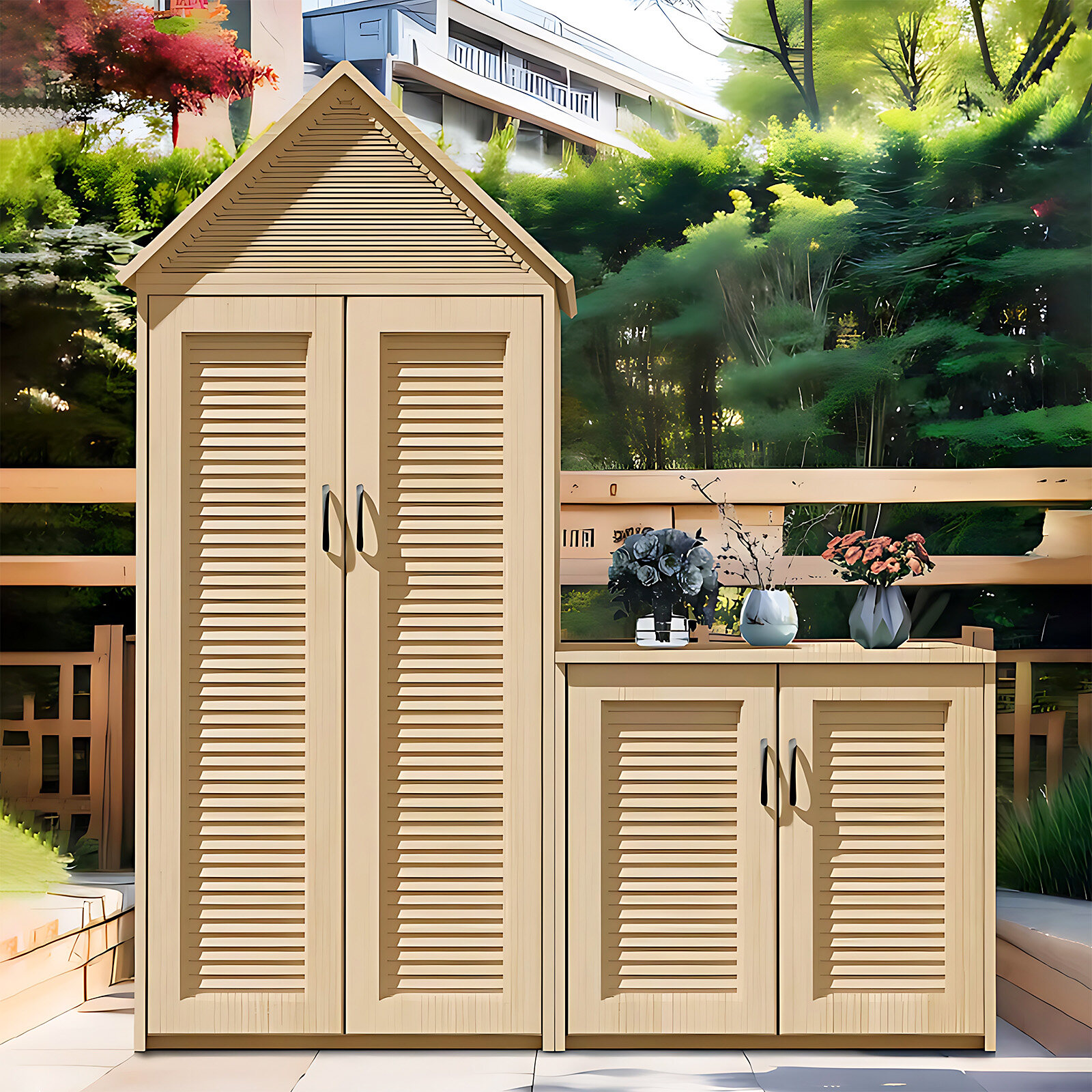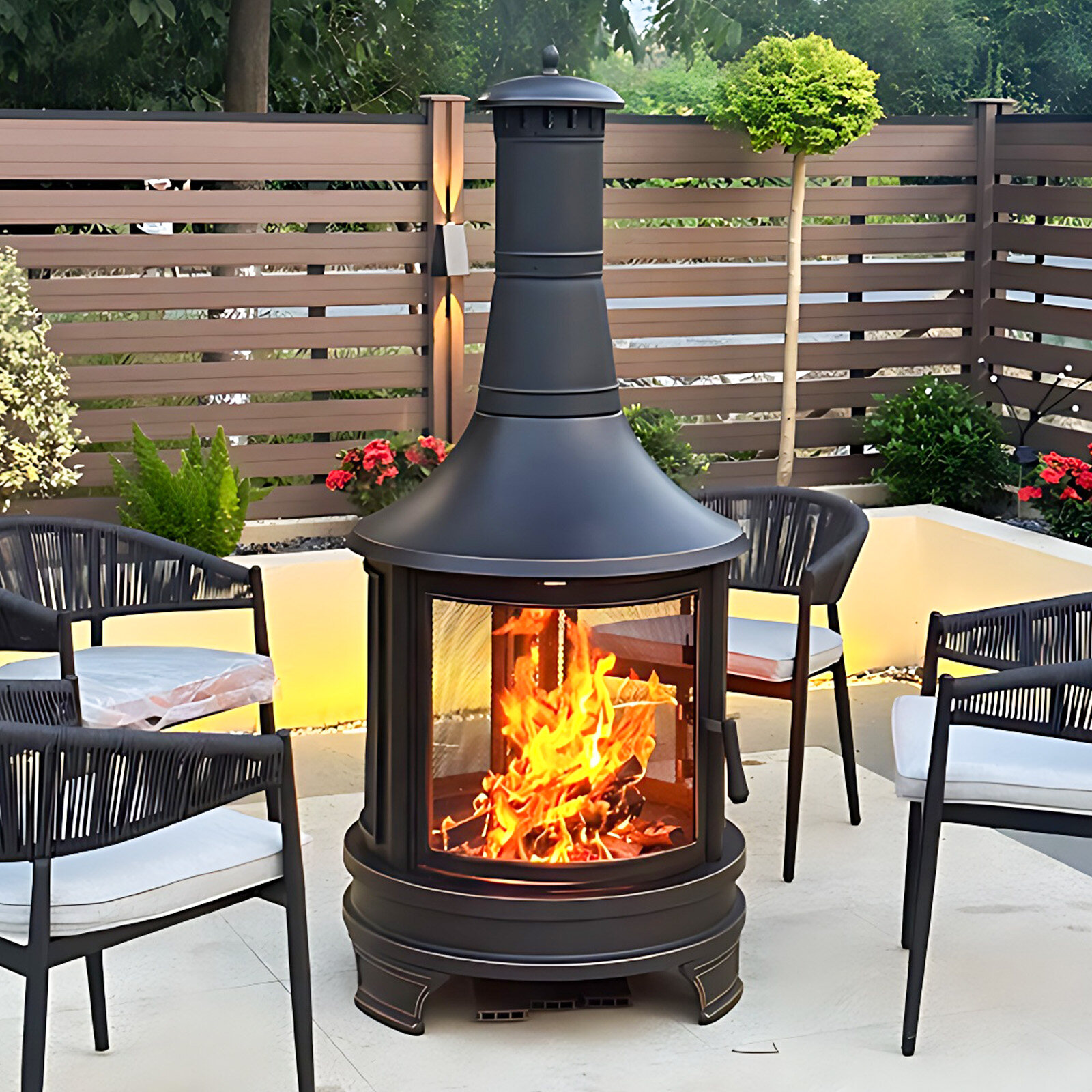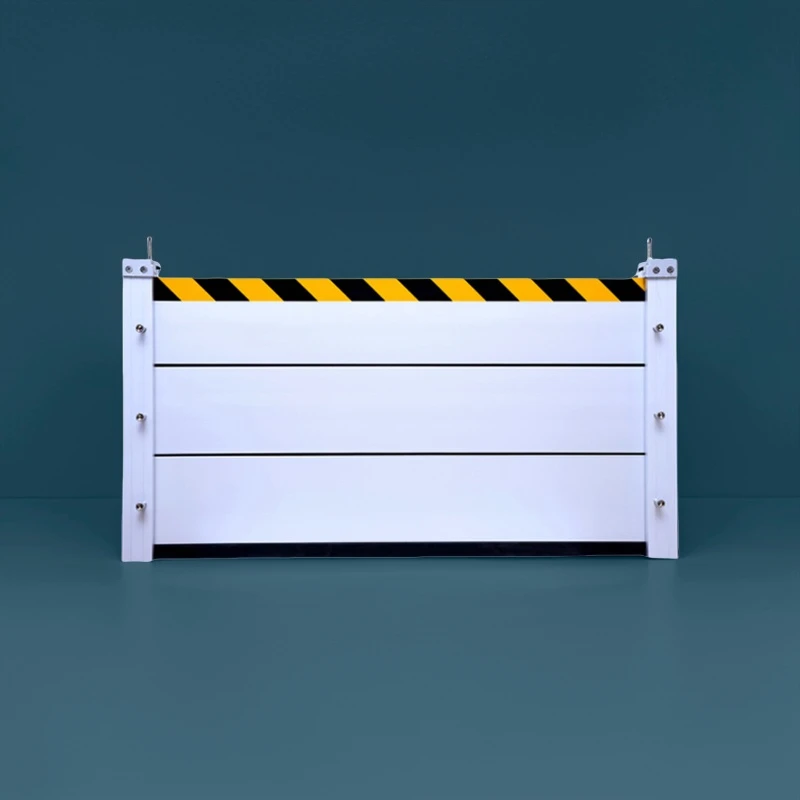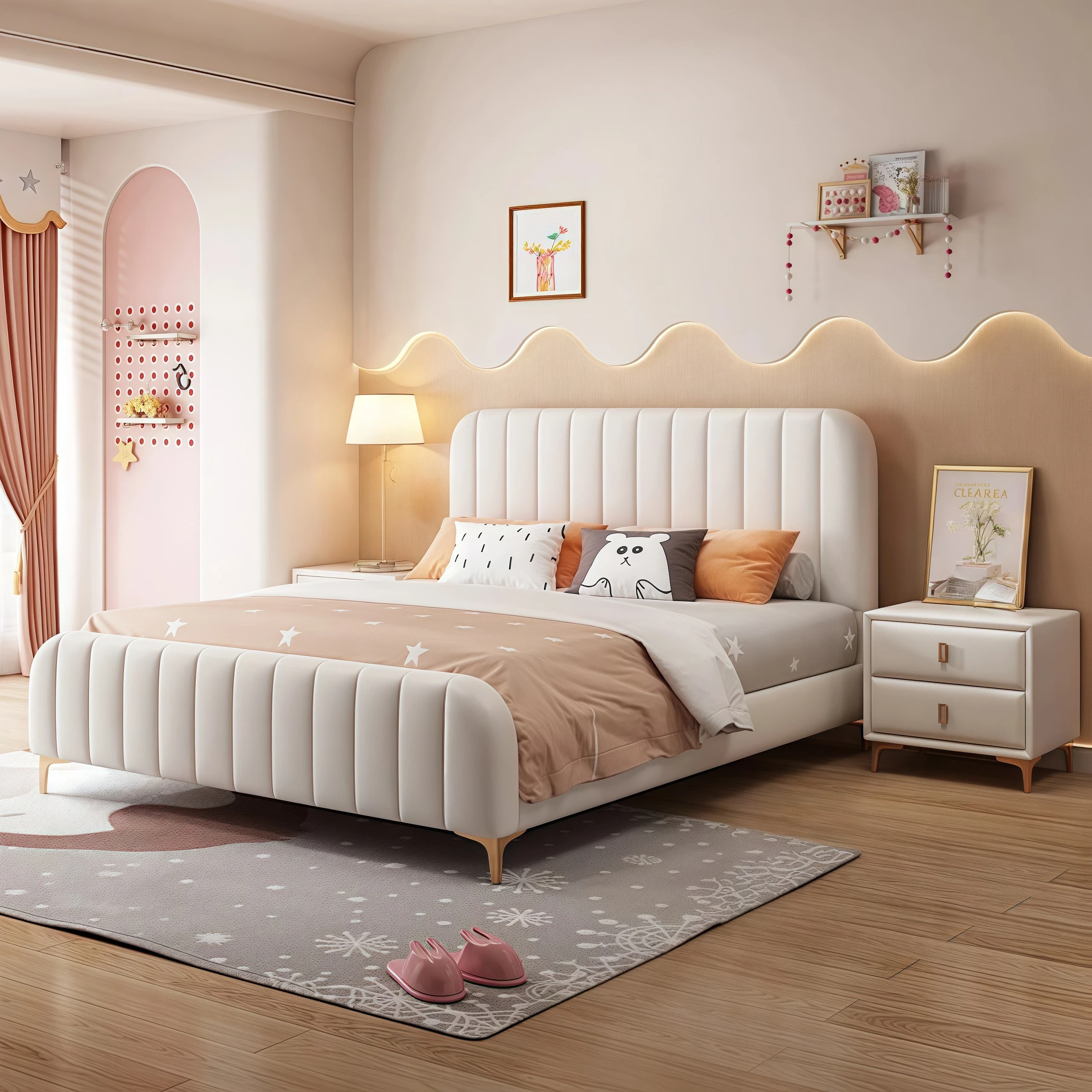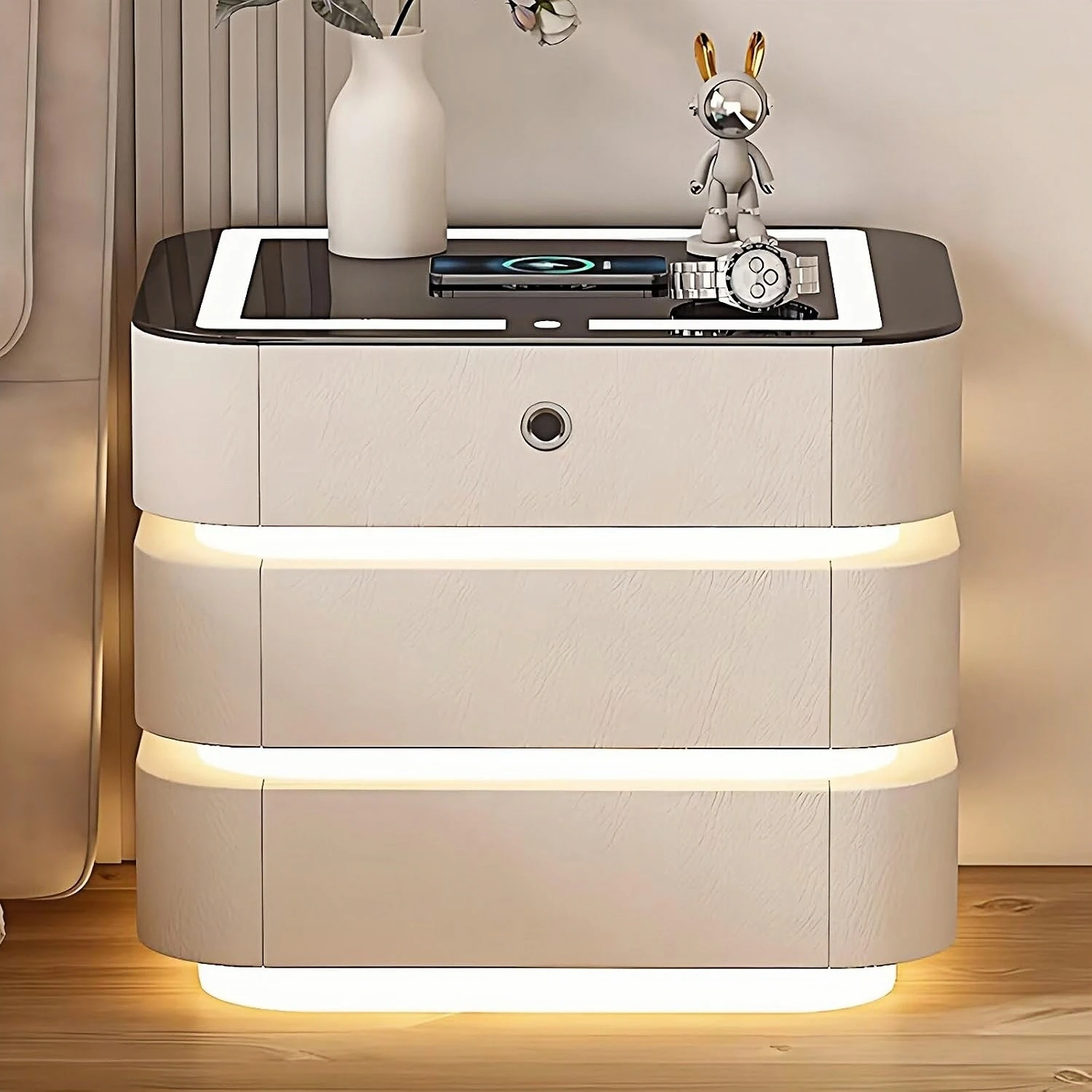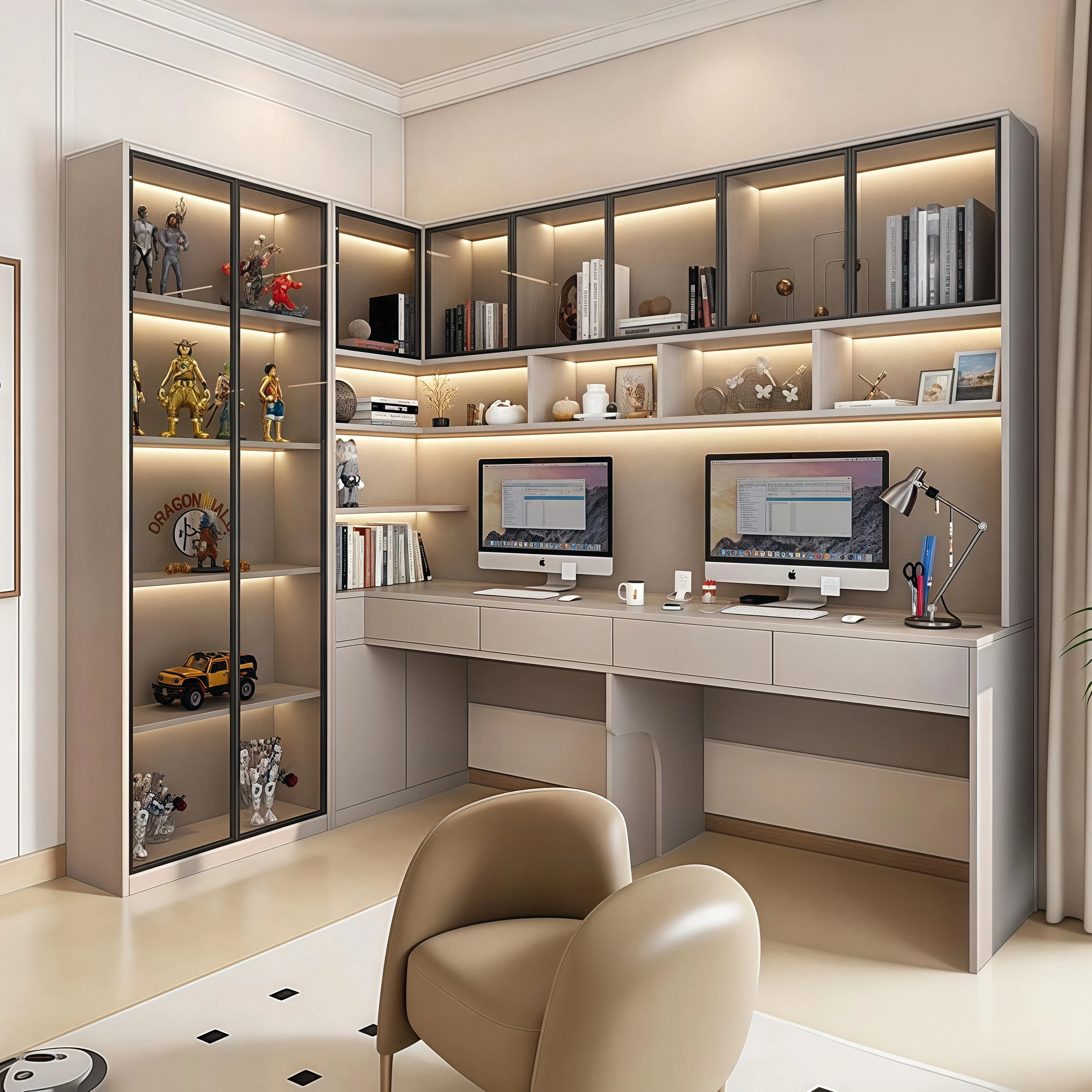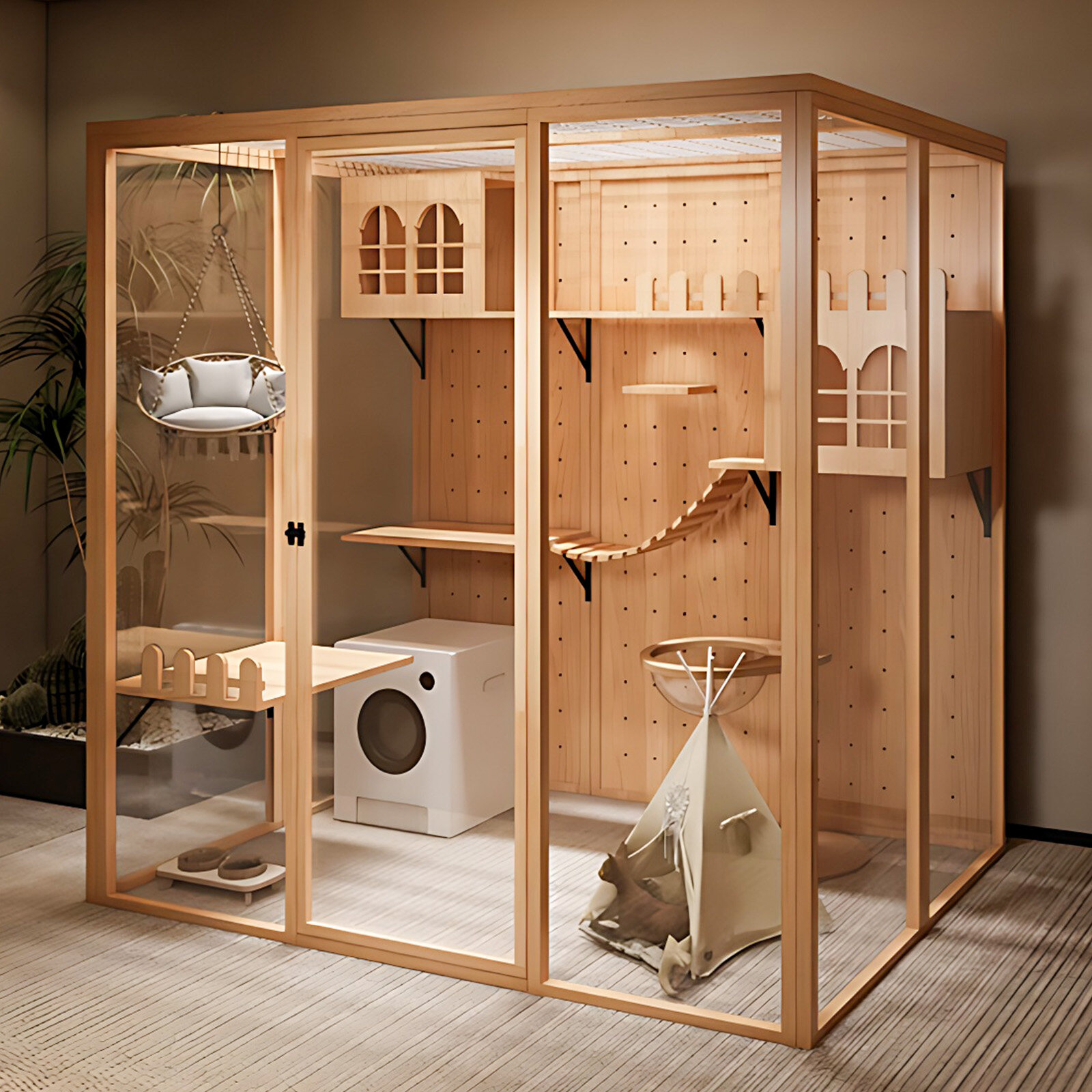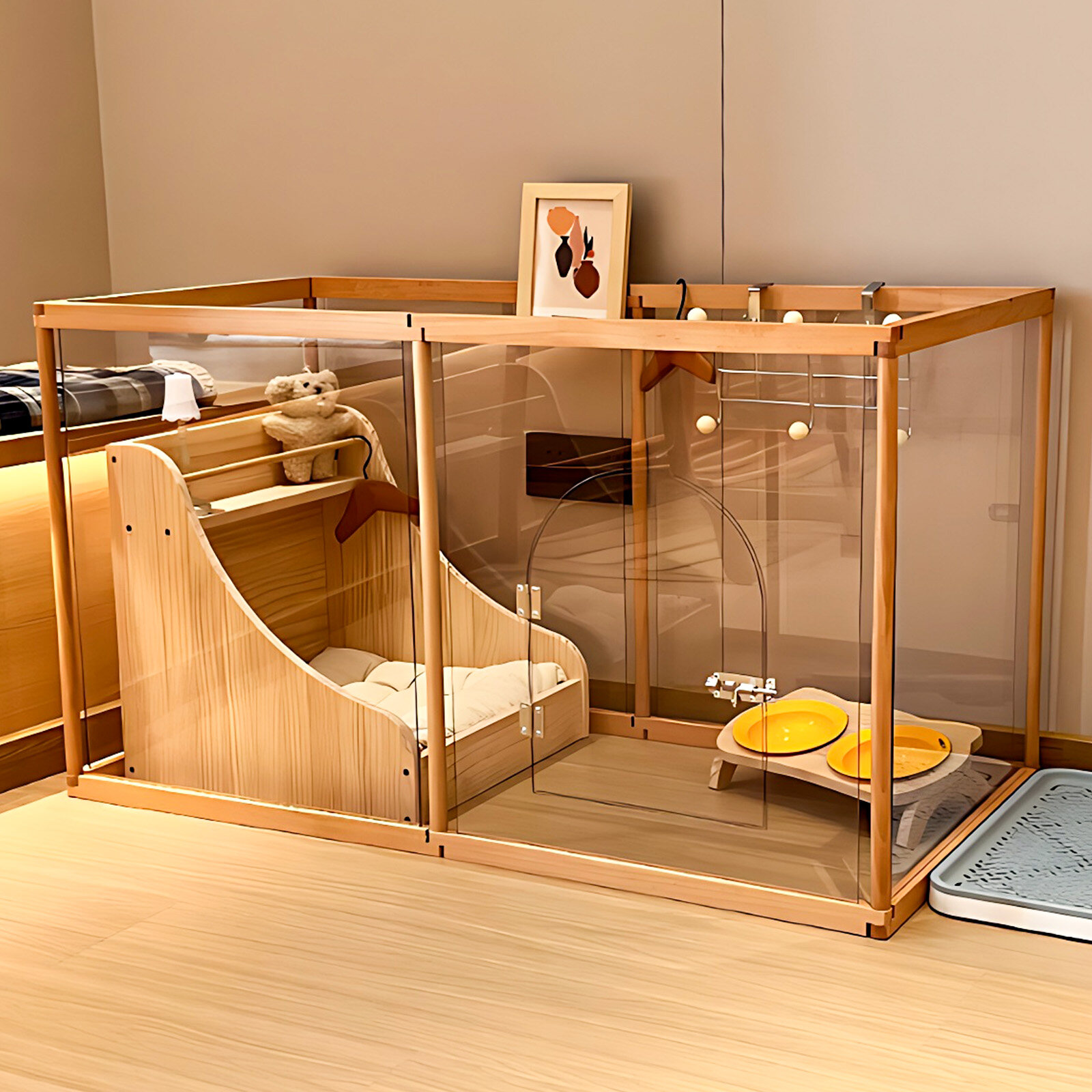Whole-house customization is extremely popular in the current market, and many people give priority to whole-house customization when decorating their homes. However, the quality of whole-house customization mainly depends on the quality of the boards used, and whether it is environmentally friendly also depends on the formaldehyde content of the boards. You can identify whether whole-house customization boards are environmentally friendly from the following perspectives.
Look at the edge banding process
The edge banding technology used in whole-house customization primarily involves sealing the outer surface of the panel with edge tape to prevent formaldehyde emissions. Edge banding can be either machine- or manual. Machine-banding is more stable and secure, while manual banding is less effective, using more glue and being prone to peeling.
We introduced German Homag edge banding machine and PUR hot melt adhesive edge banding technology with strong stability.
Look at the amount of glue used
Most boards are artificial boards, which are mainly made of wood boards and glue. The less glue is used, the more wood is used, and the formaldehyde content is therefore relatively low.
Based on the raw materials and processing levels of various artificial board materials, the glue usage for the four major substrates is ranked from highest to lowest as follows: particle board > core board > multi-layer board > super core board. Regardless of the board type, they are guaranteed to meet or exceed environmental standards.
This brings us to the following point.
Look at the quality of glue
Traditional glues used for wood panels are primarily trialdehyde glues: urea-formaldehyde glue, phenol-formaldehyde glue, and melamine resin glue. Trialdehyde glues contain formaldehyde, which reacts chemically in high-temperature and high-humidity environments, emitting formaldehyde and polluting indoor air. Consequently, summer is also a season with relatively high formaldehyde levels.
We use our own proprietary soybean plant glue to reduce formaldehyde from the source of production, ensuring the environmental friendliness of the board. Our proprietary soybean plant glue has even been patented.
What
Are imported panels definitely better than domestic panels?
Not necessarily! The introduction of the new national standard has put forward higher requirements for the environmental protection standards of the home improvement industry. If home improvement companies want to have their own place in this market, they must improve their production technology and make their products more environmentally friendly and of higher quality to win the favor of consumers.
Therefore, as the country pays more and more attention to the environmental protection level of panels, imported panels are not necessarily better than domestic panels. To determine whether the panels are environmentally friendly, we still need to look at the synthetic materials and technology of the panels.
Bunny Baby, a brand that has environmental protection engraved in its DNA.
Healthy customization makes your home better!

 USD
USD
 GBP
GBP
 EUR
EUR
